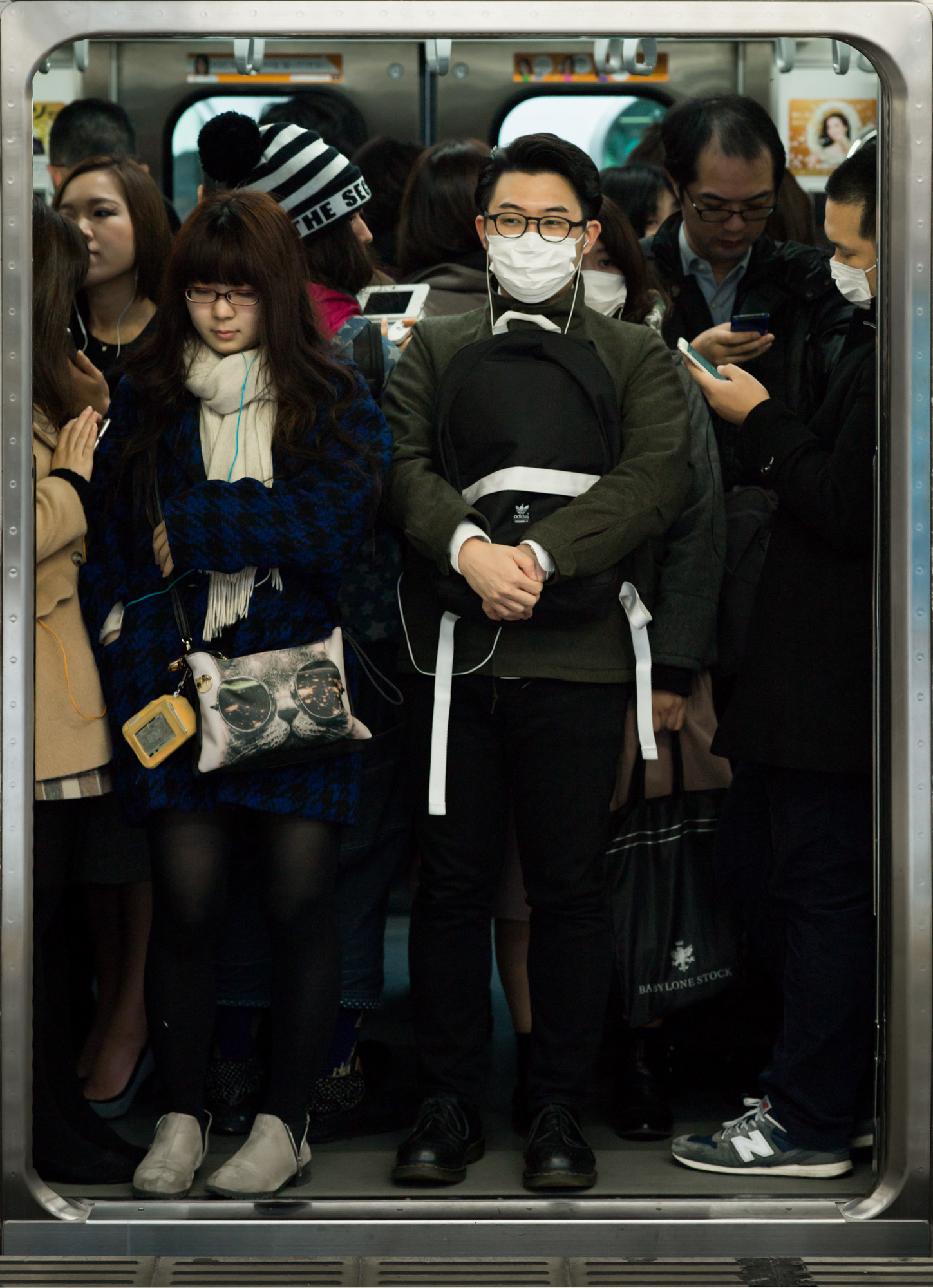
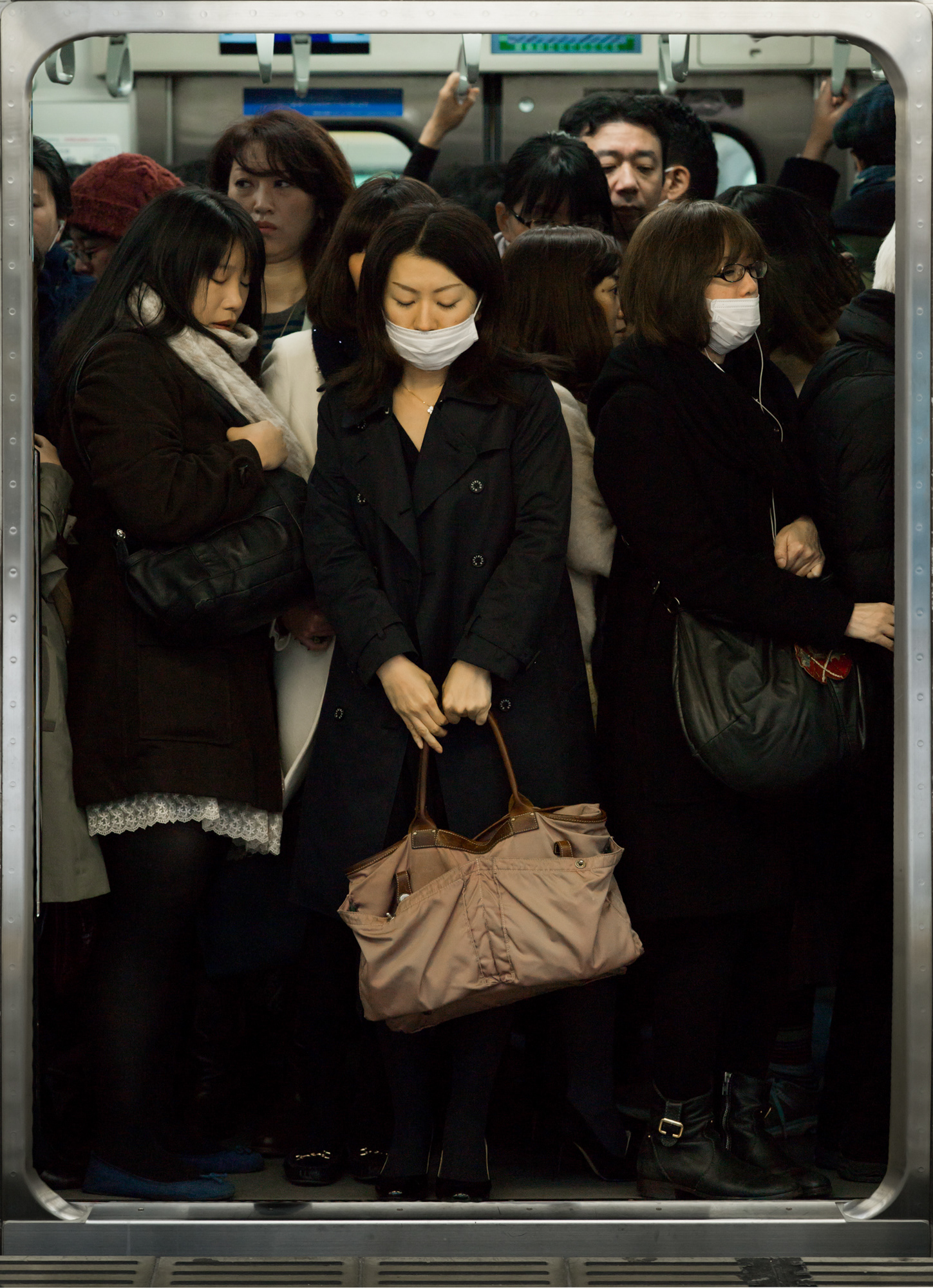
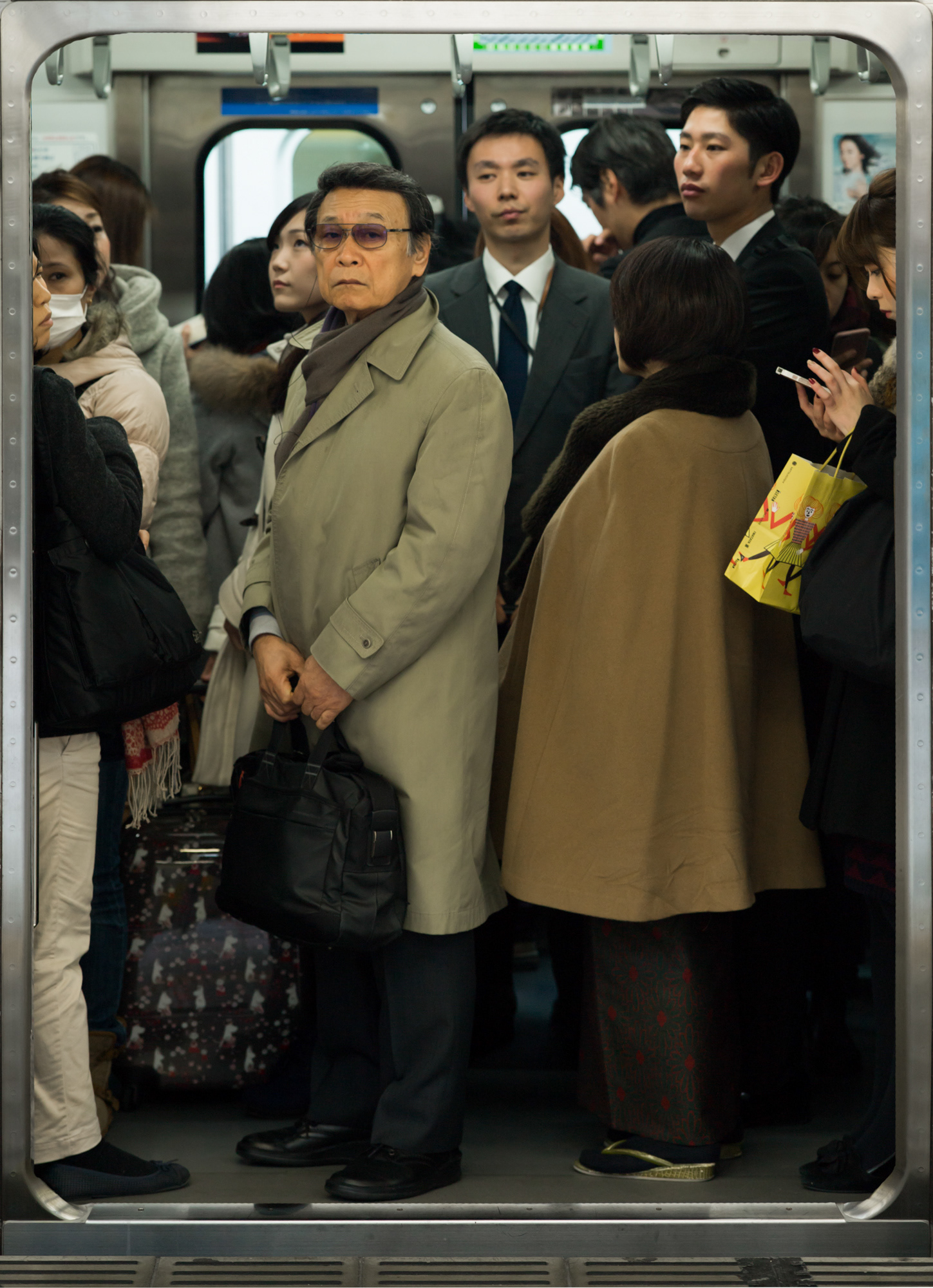
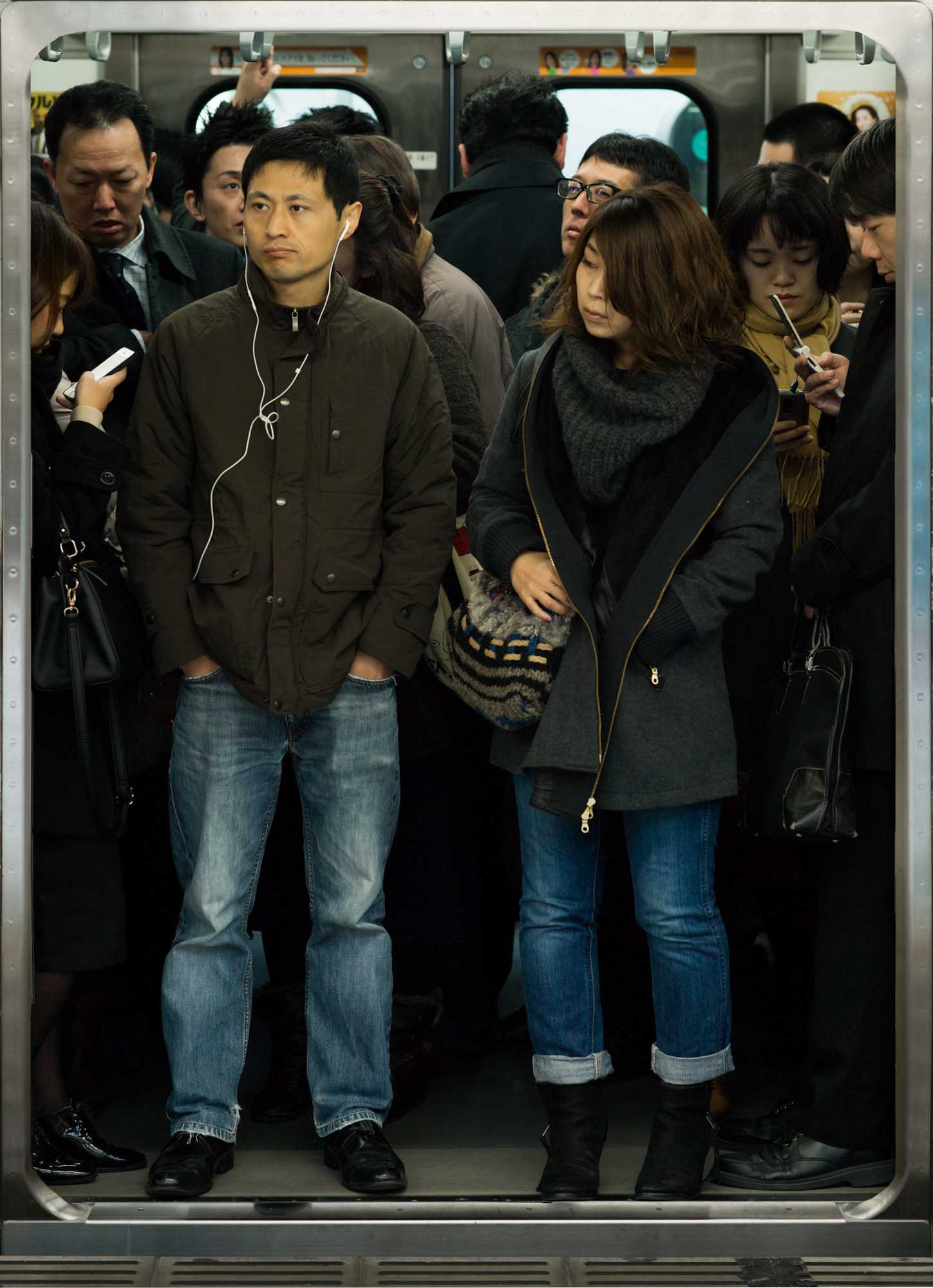
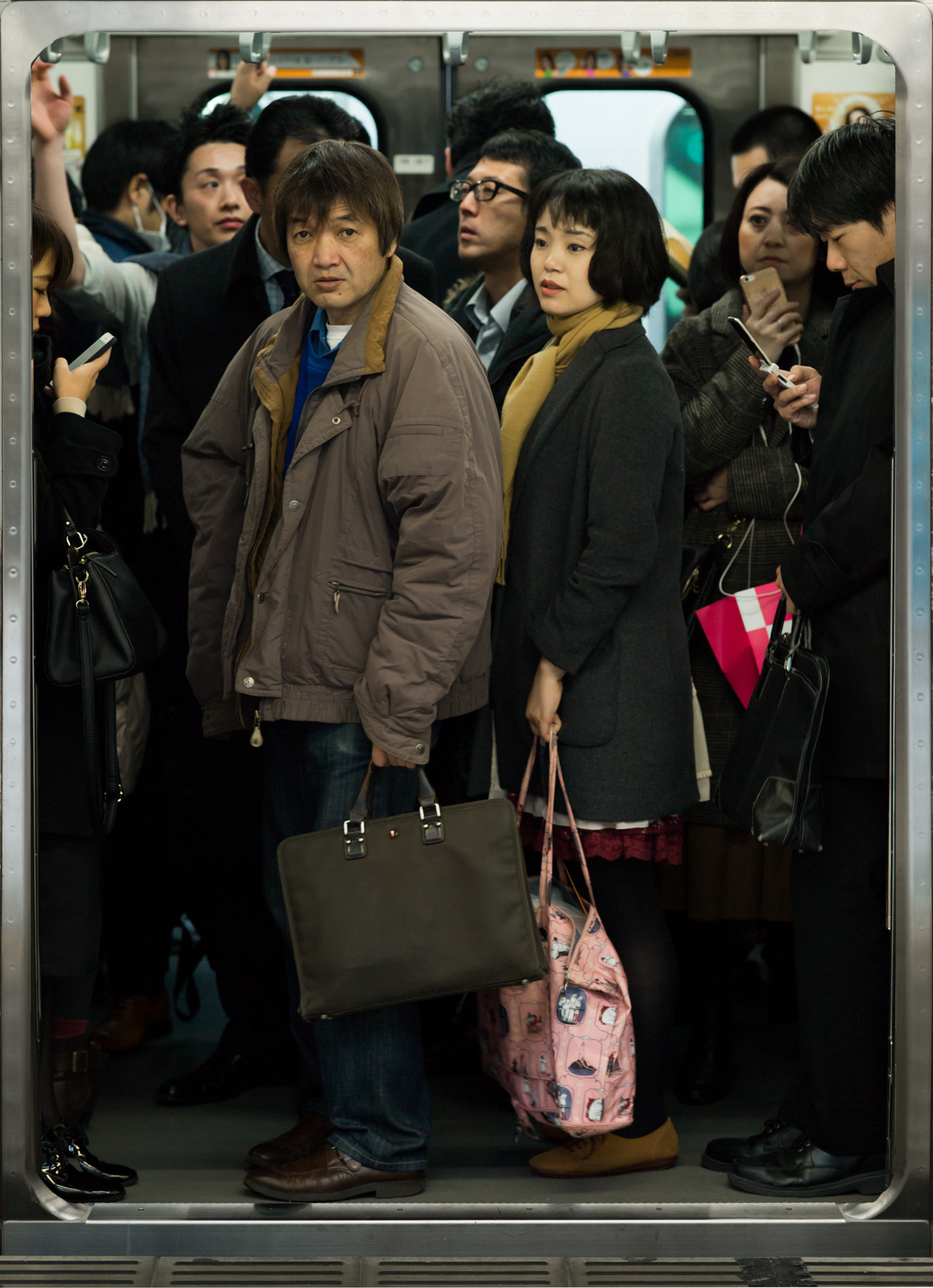
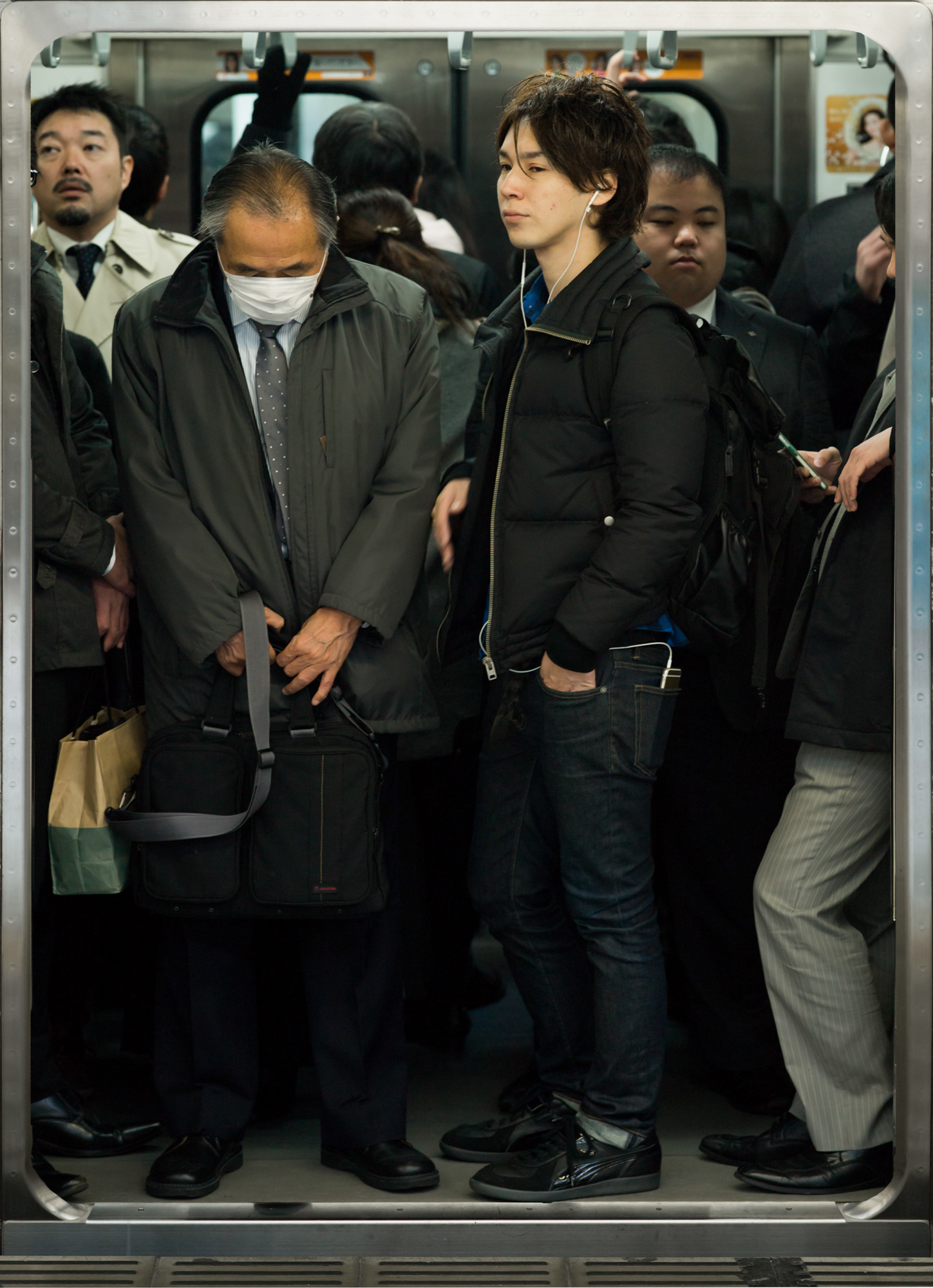


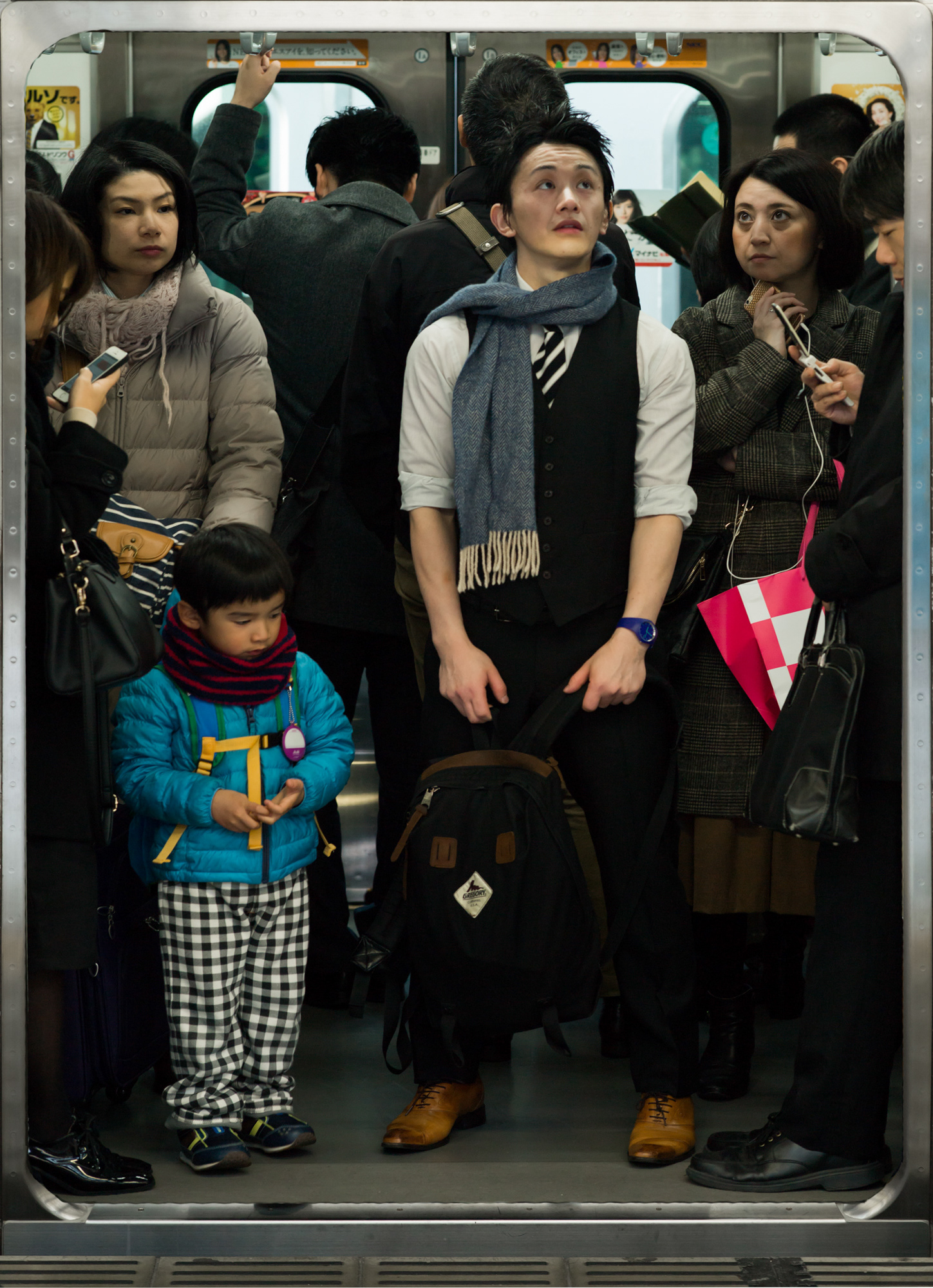
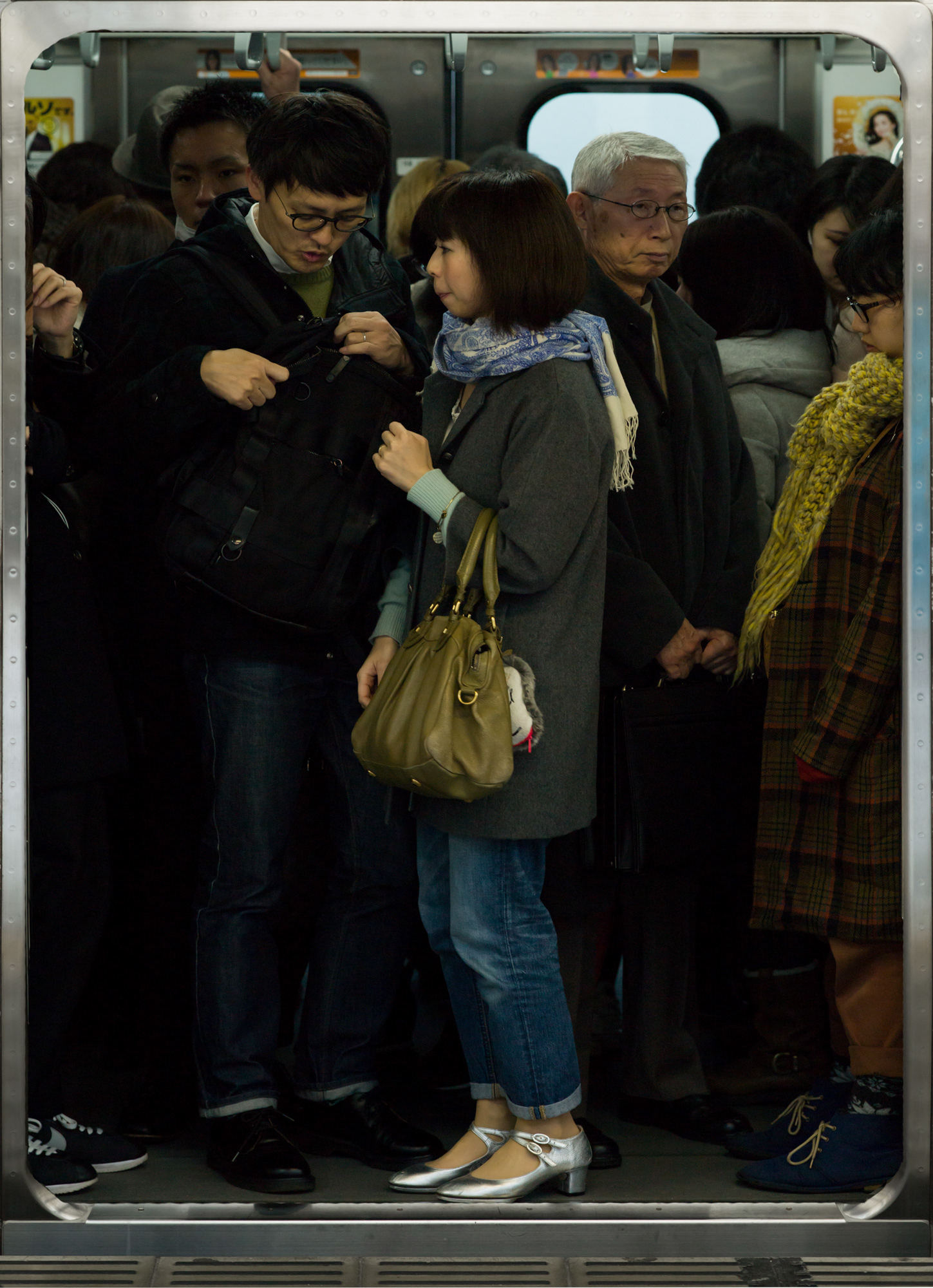
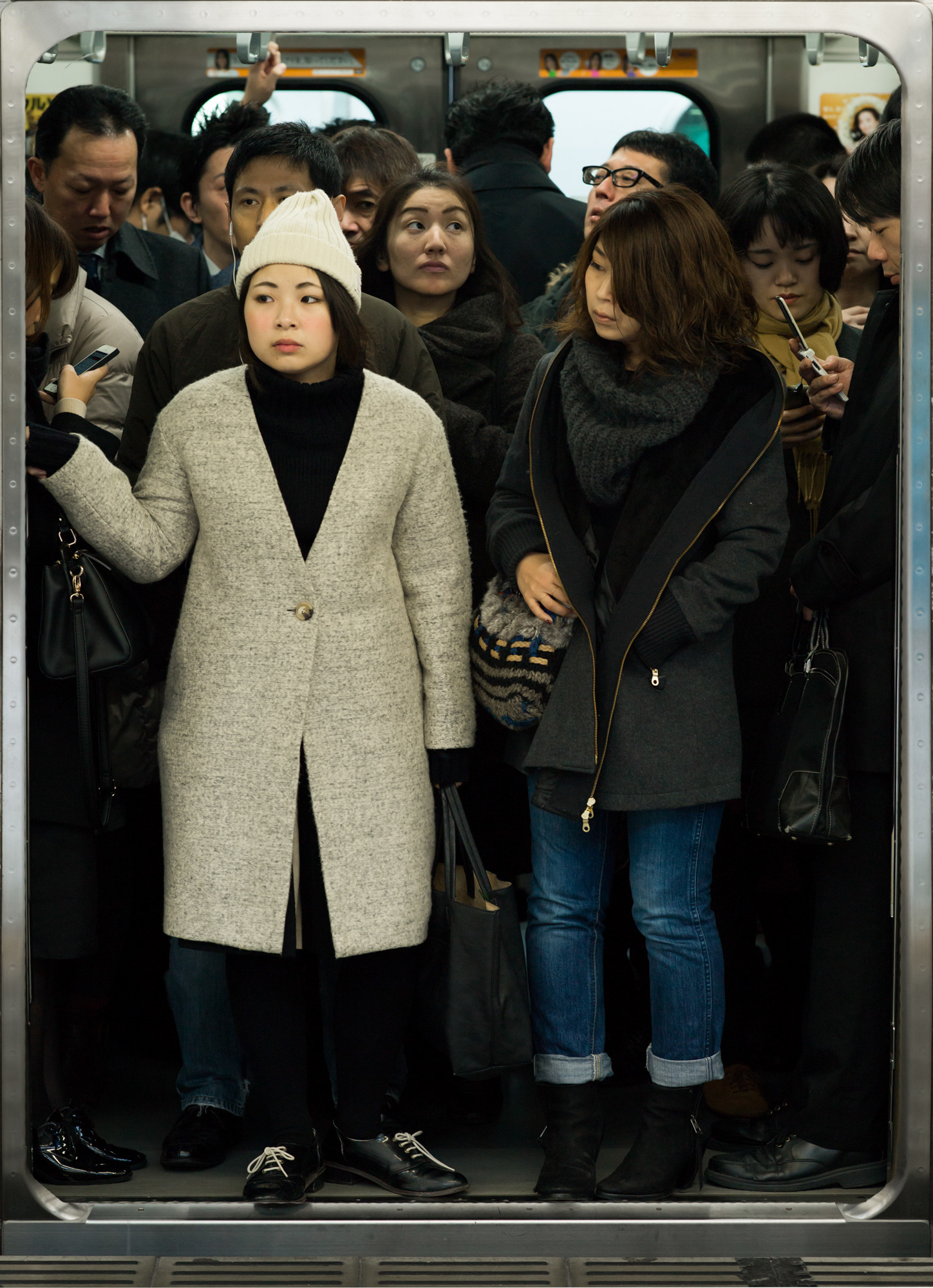
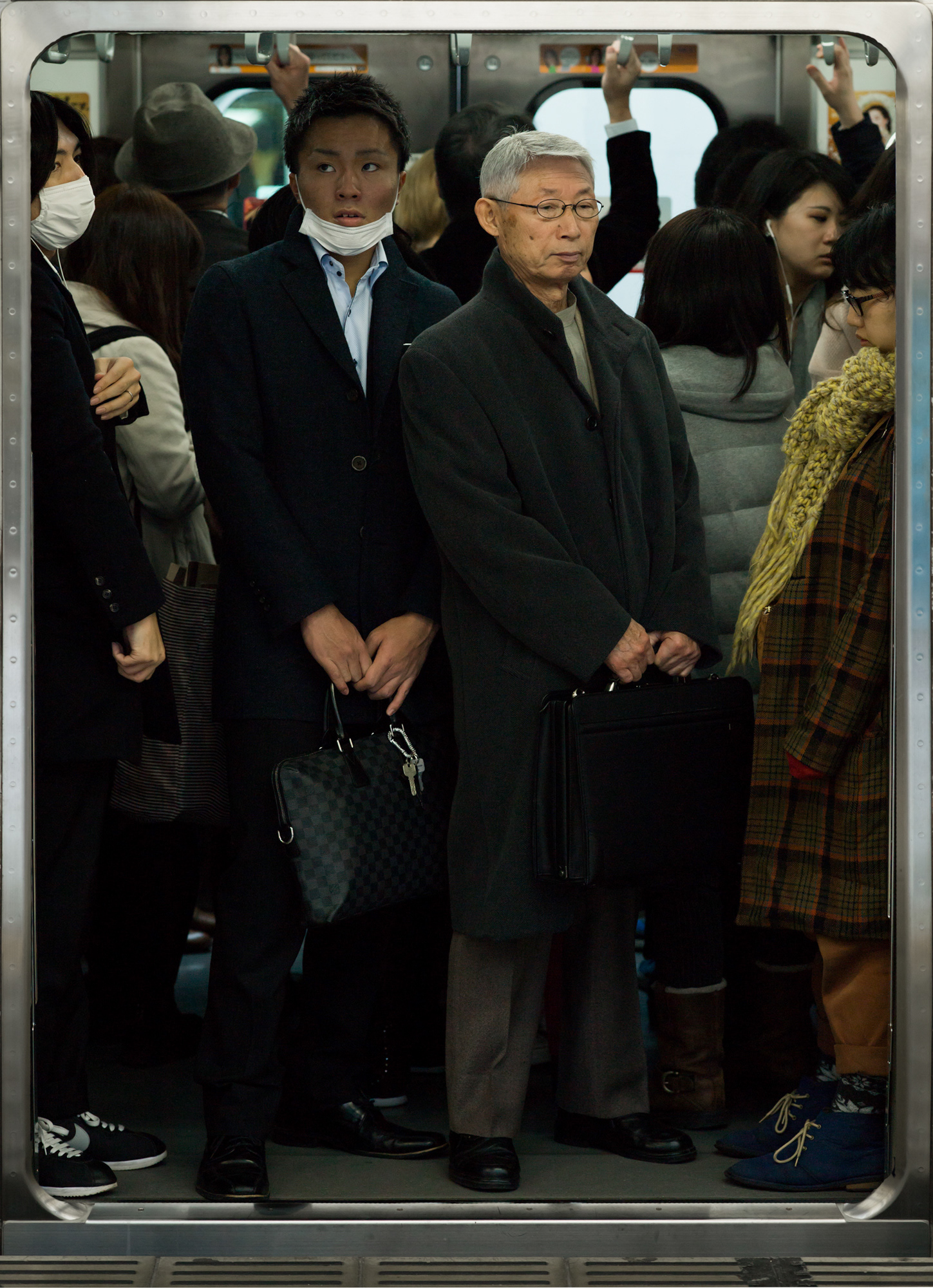
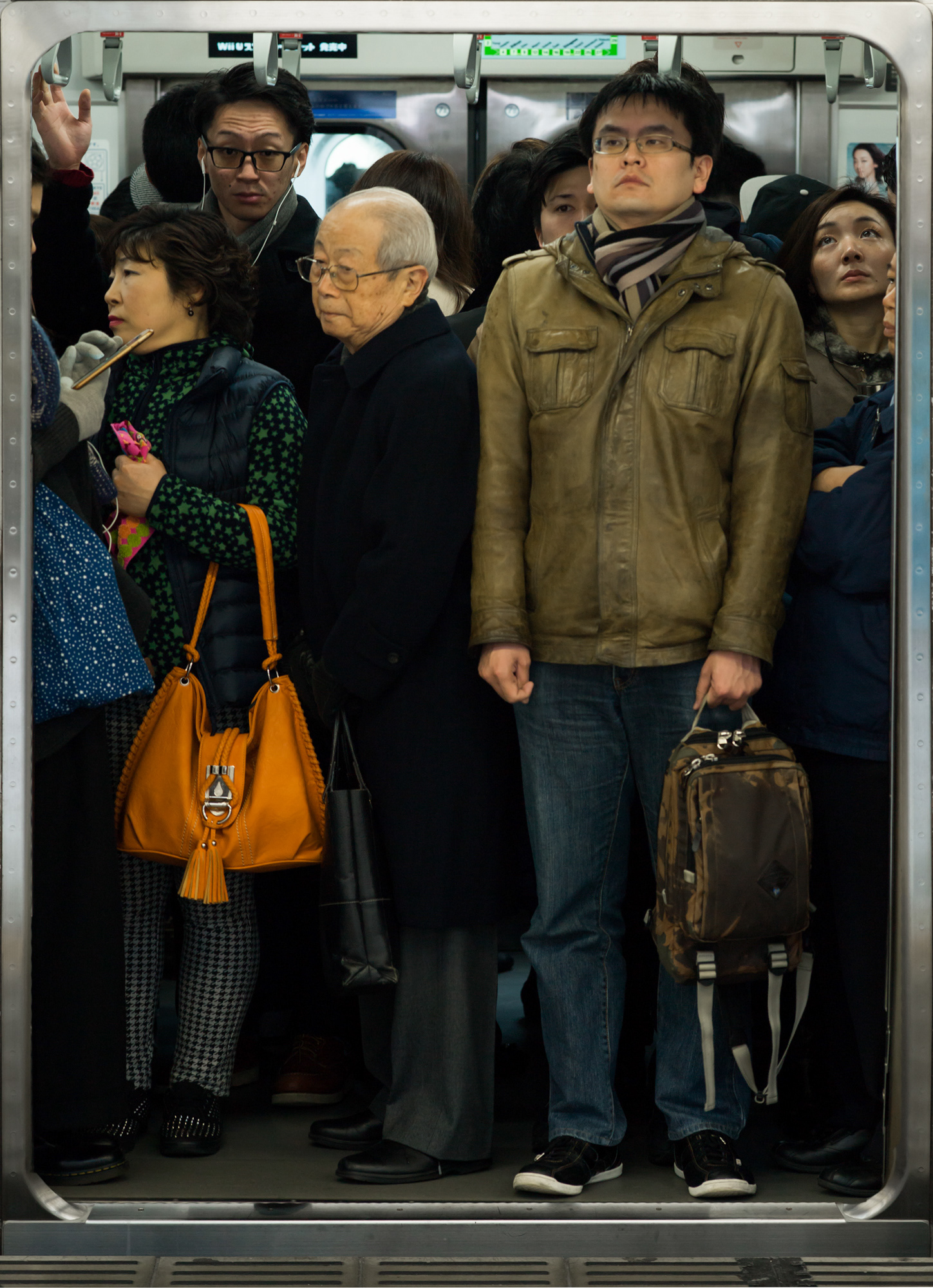
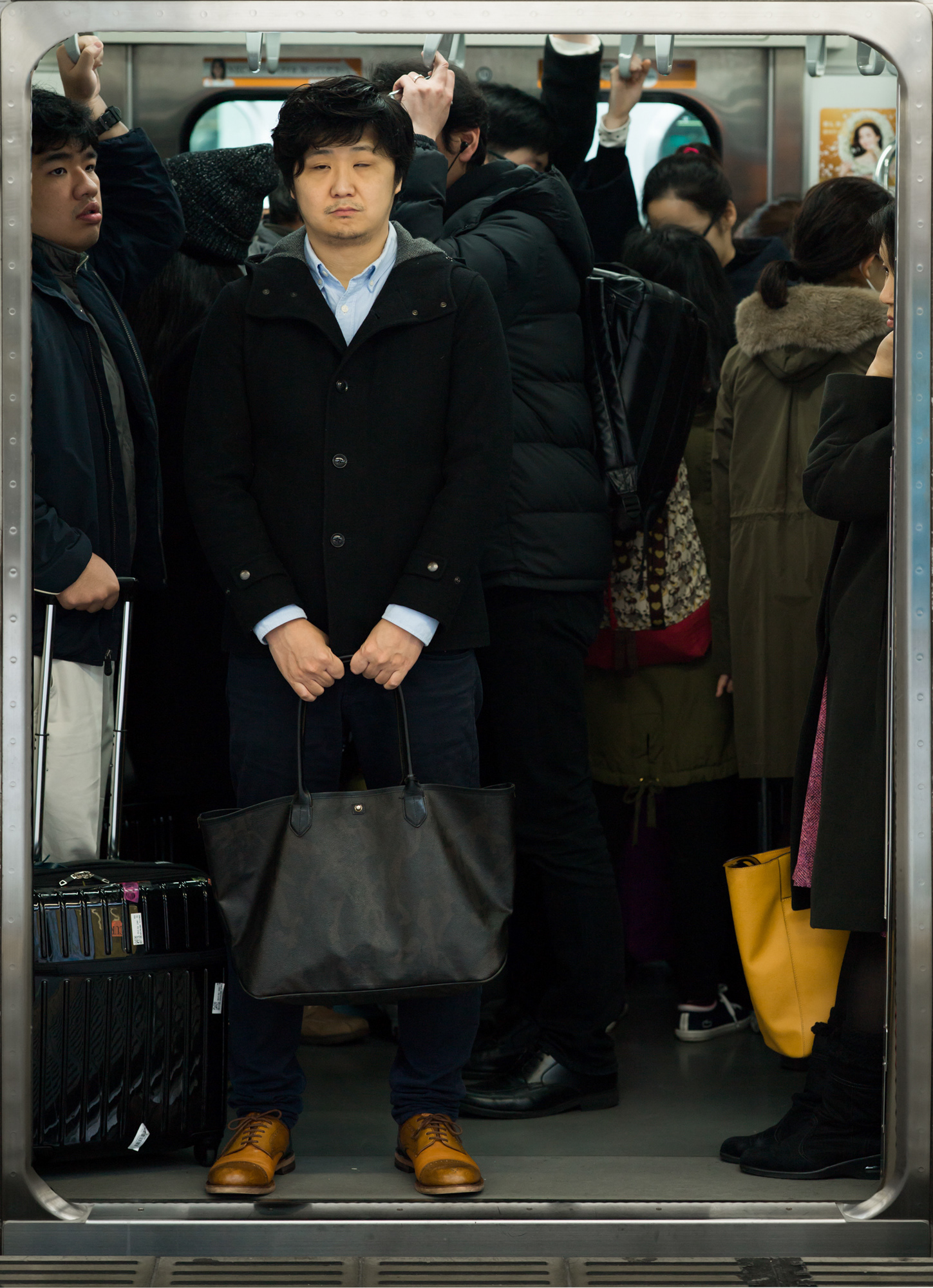
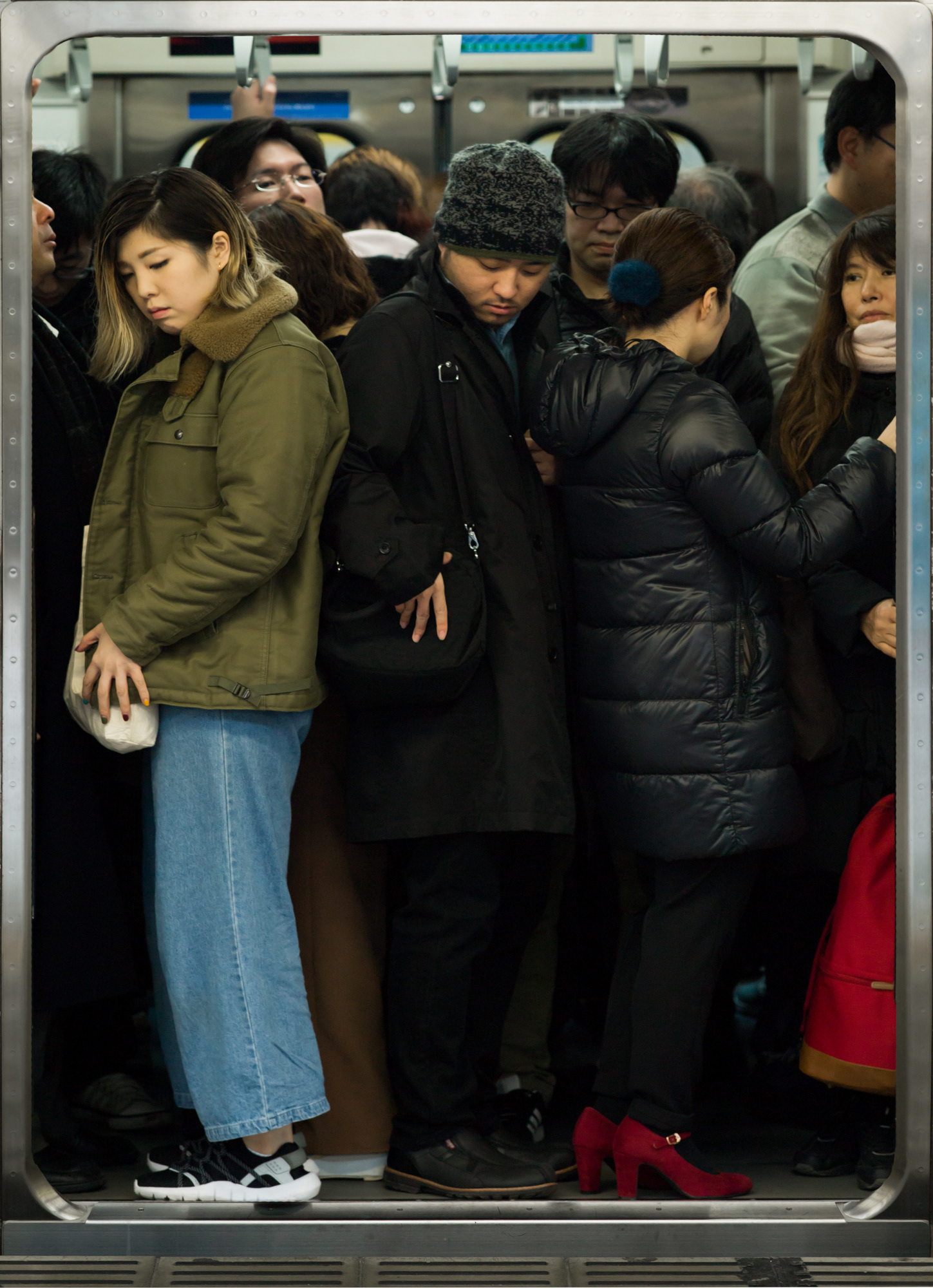
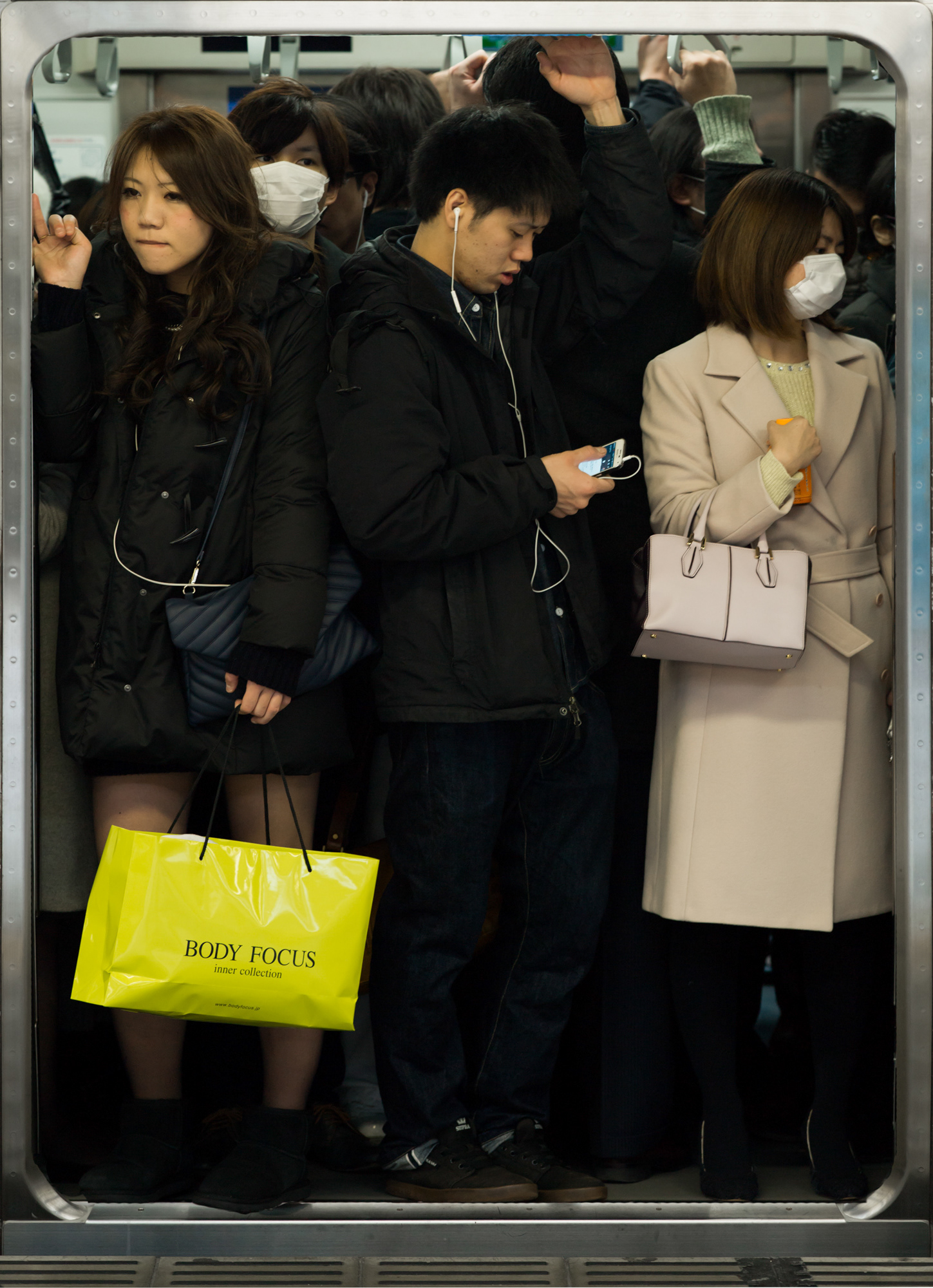
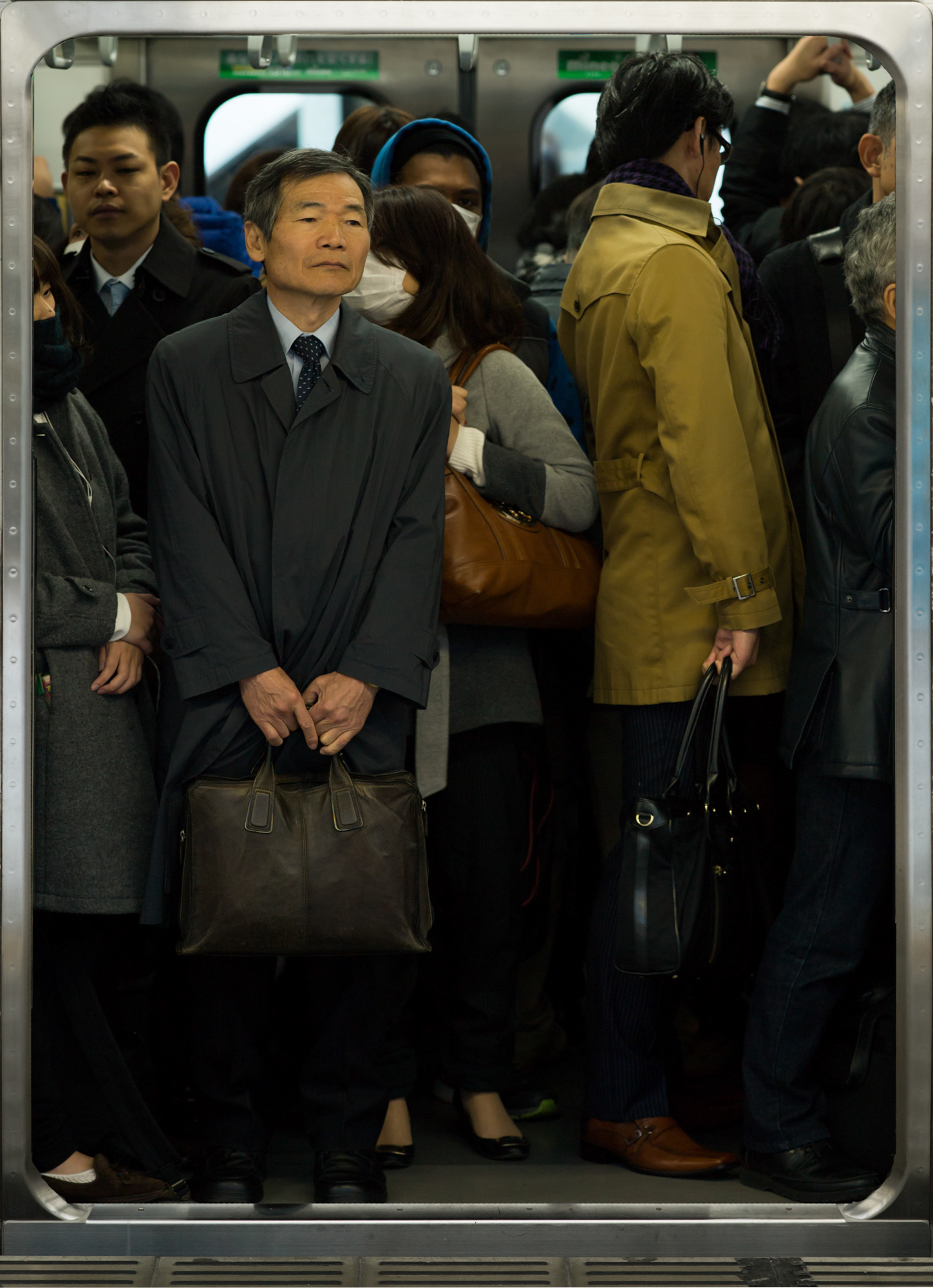
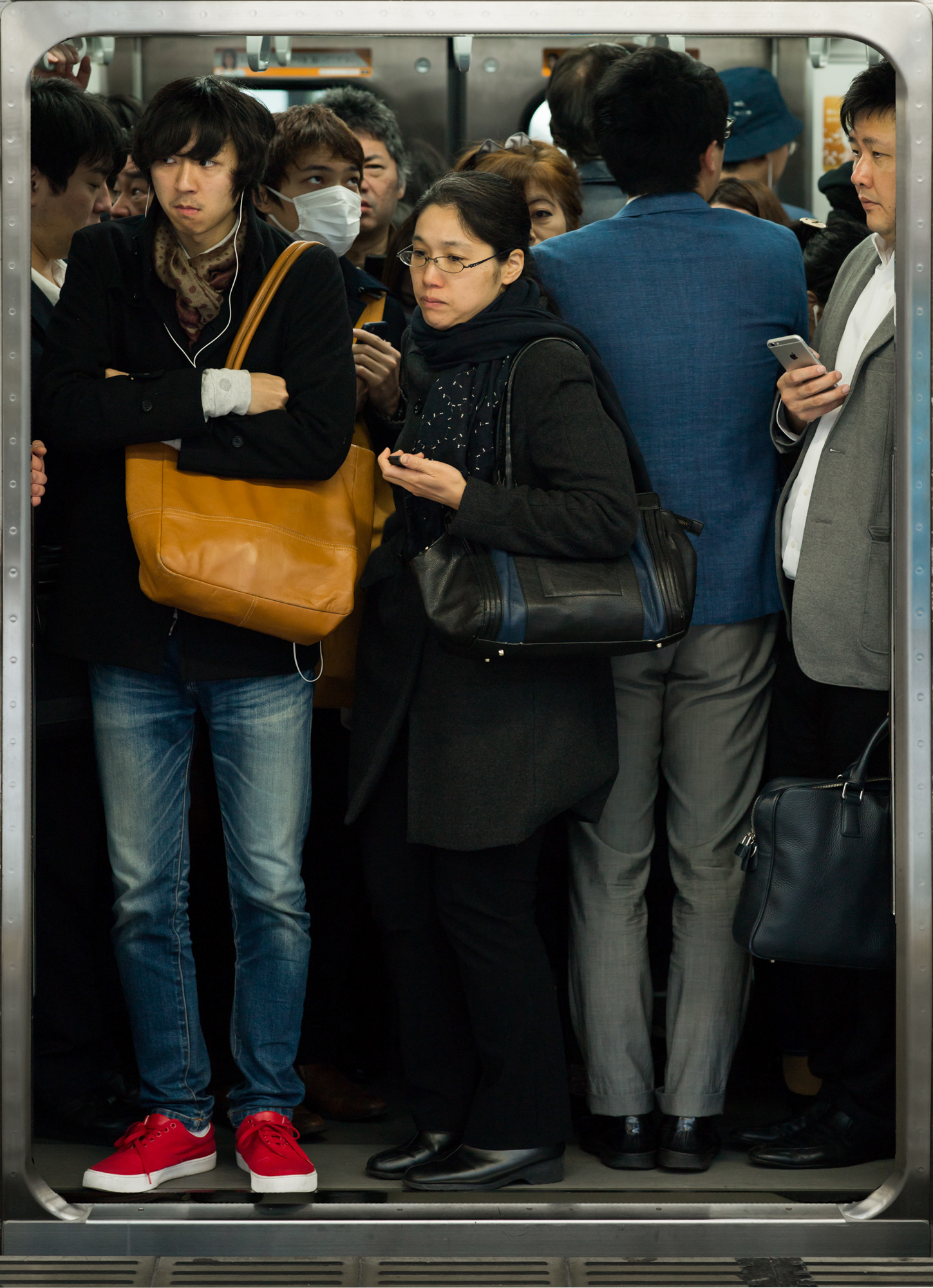
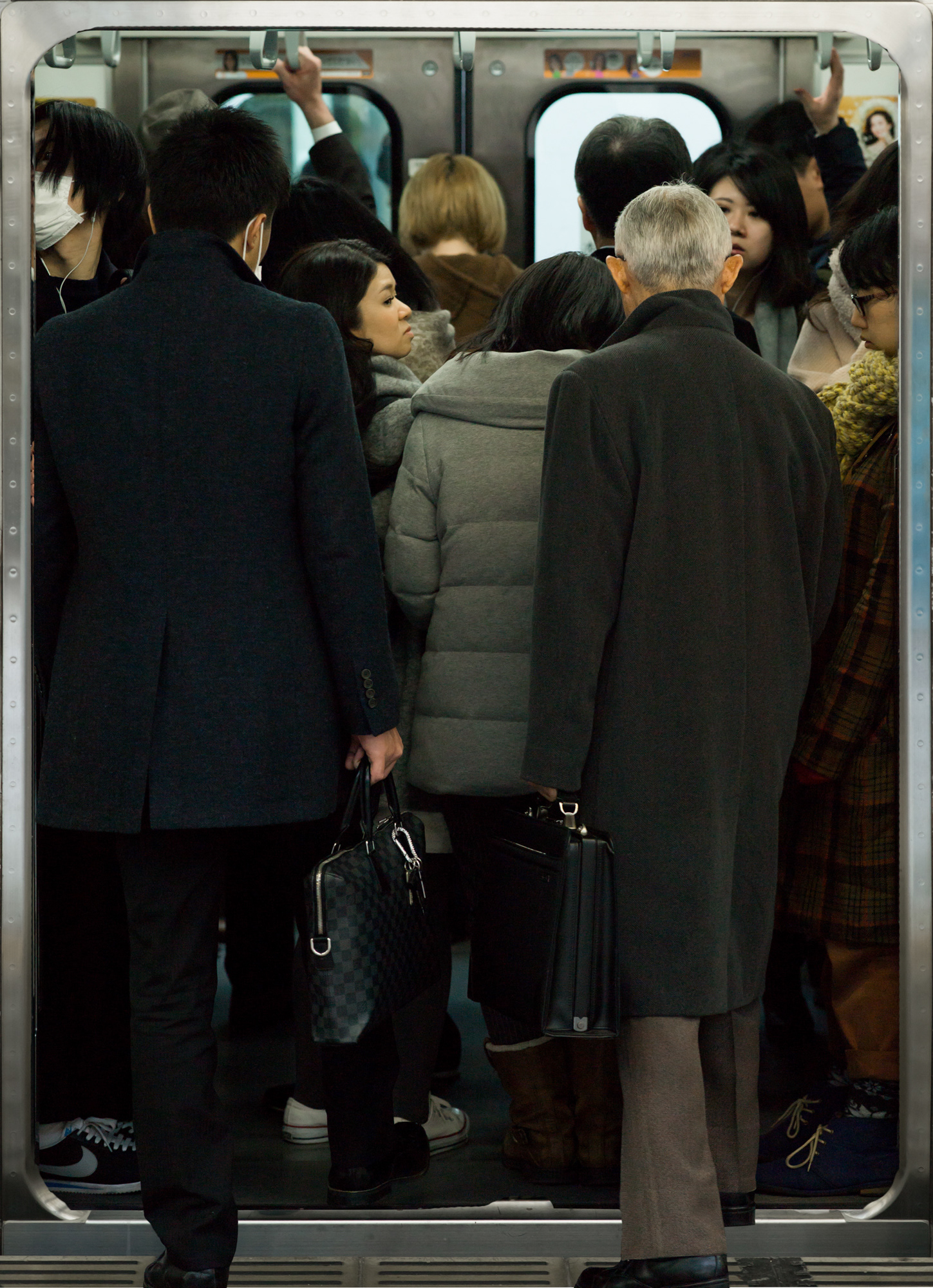
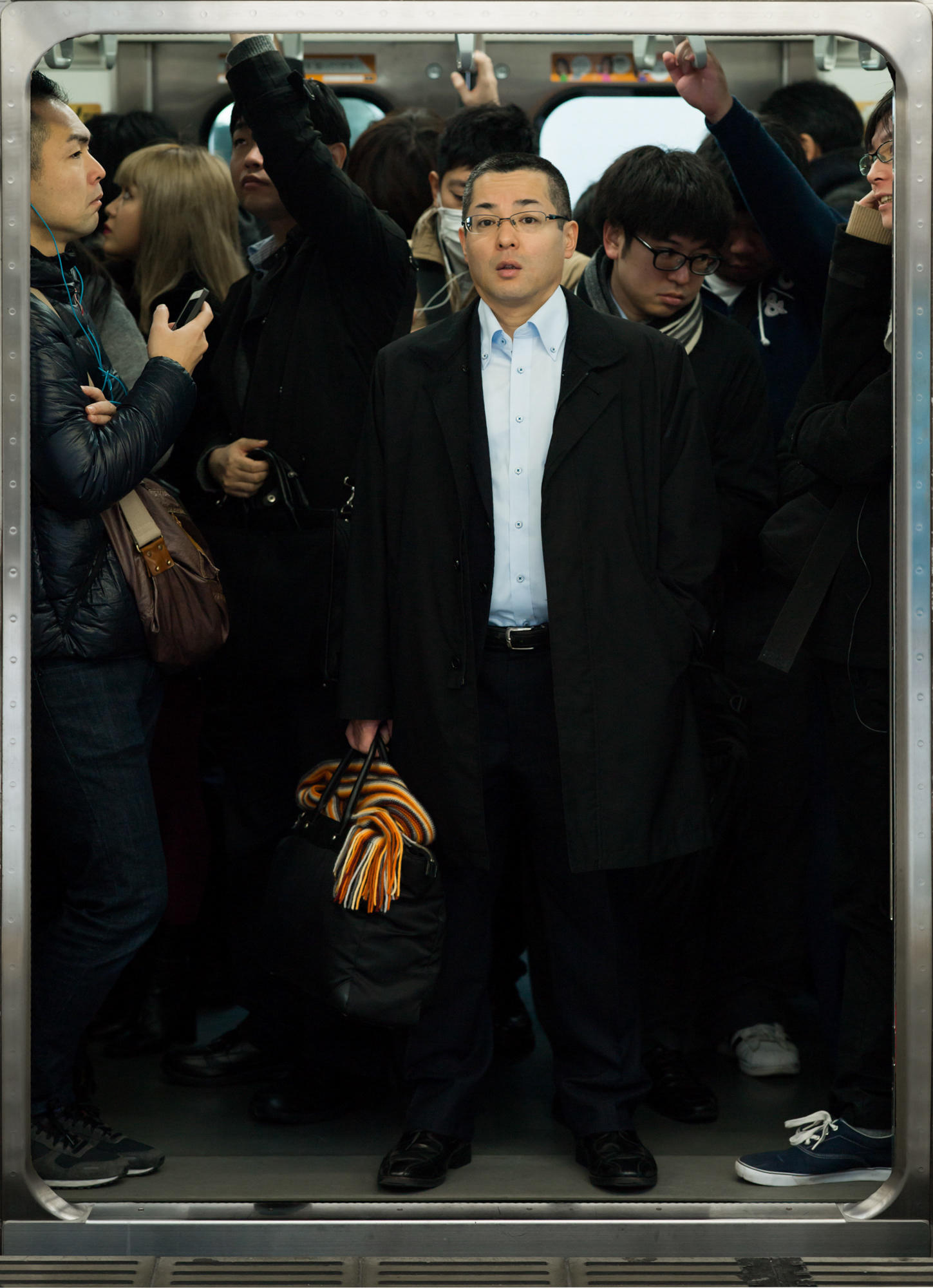
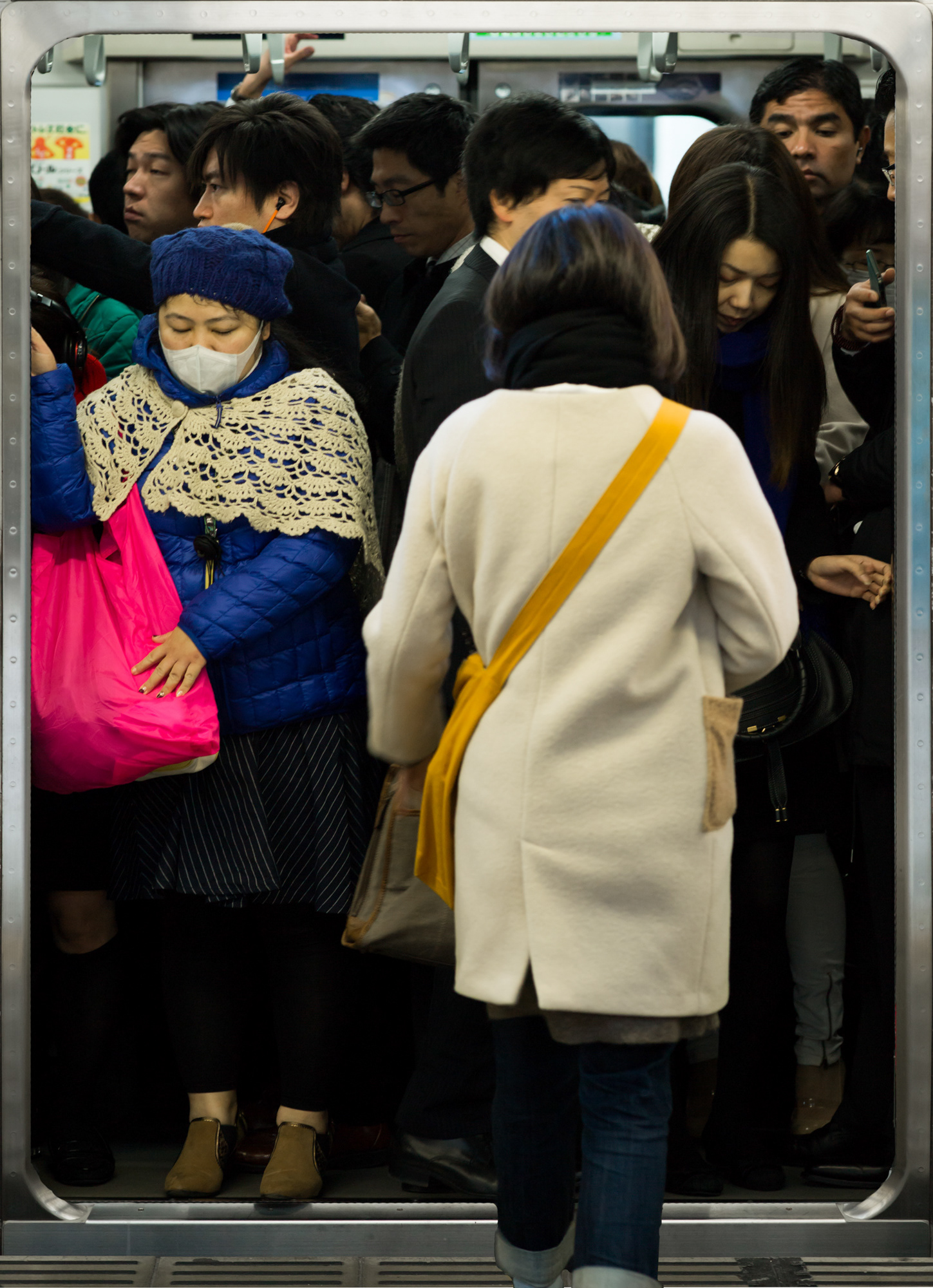
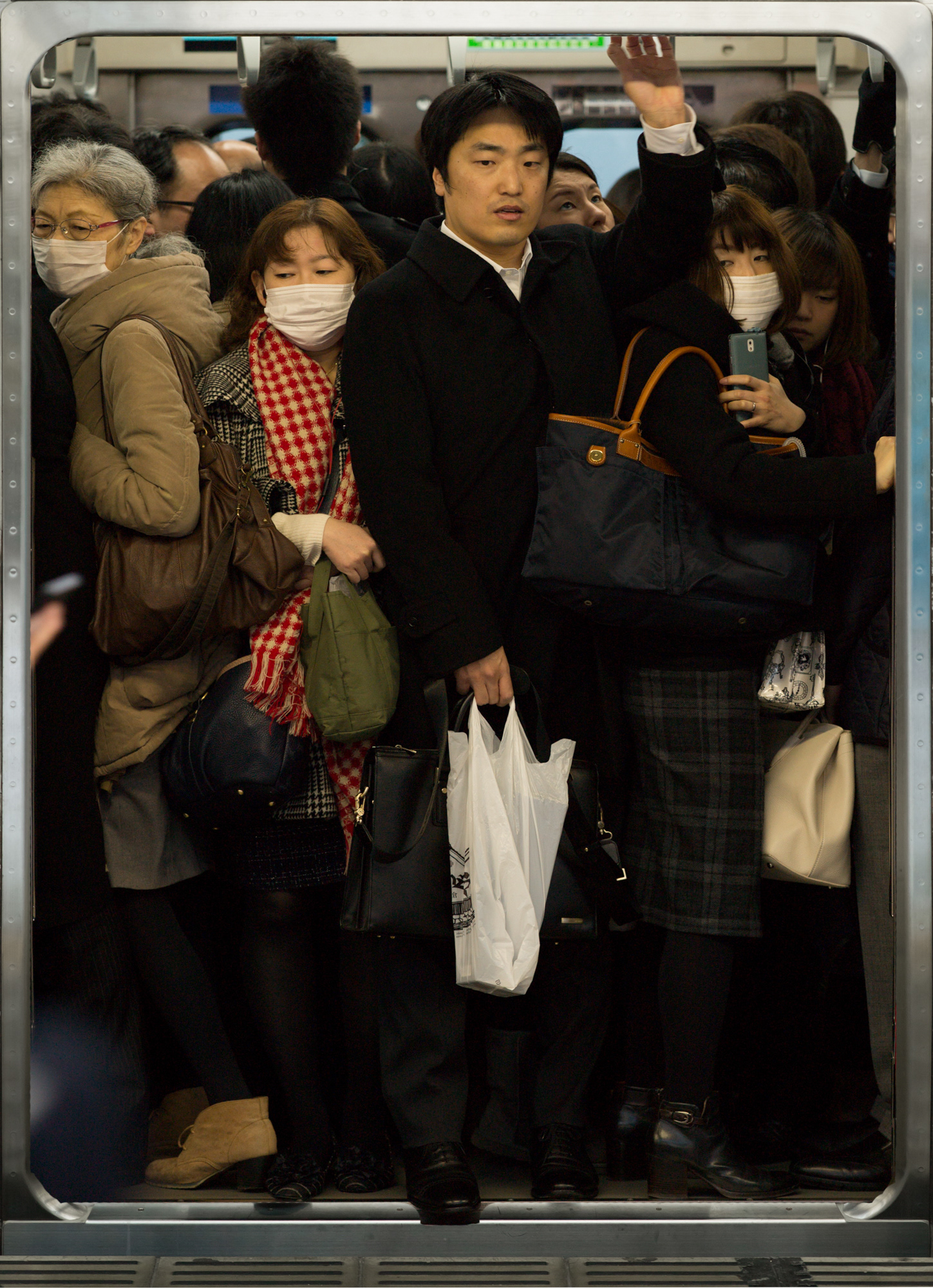
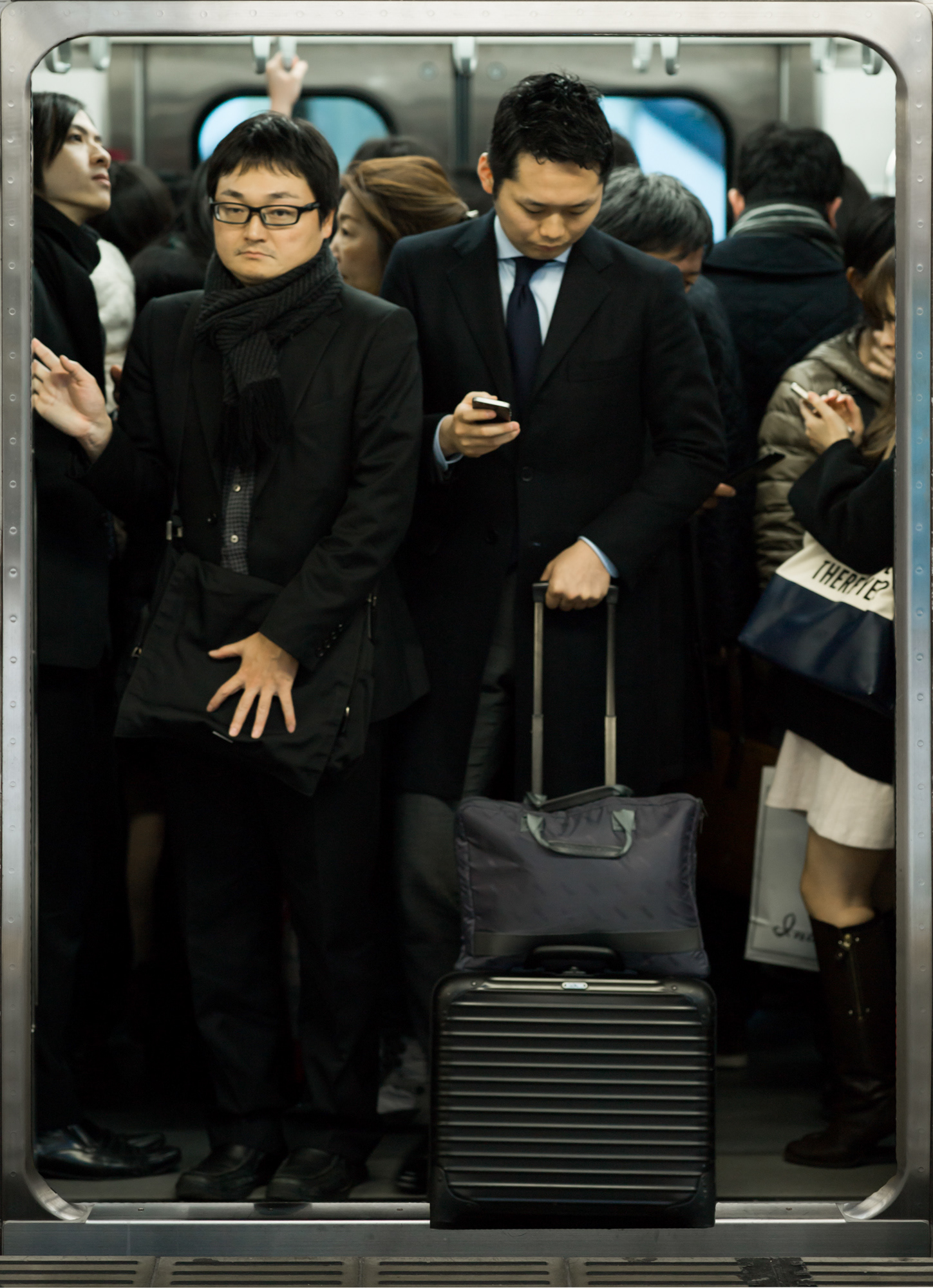
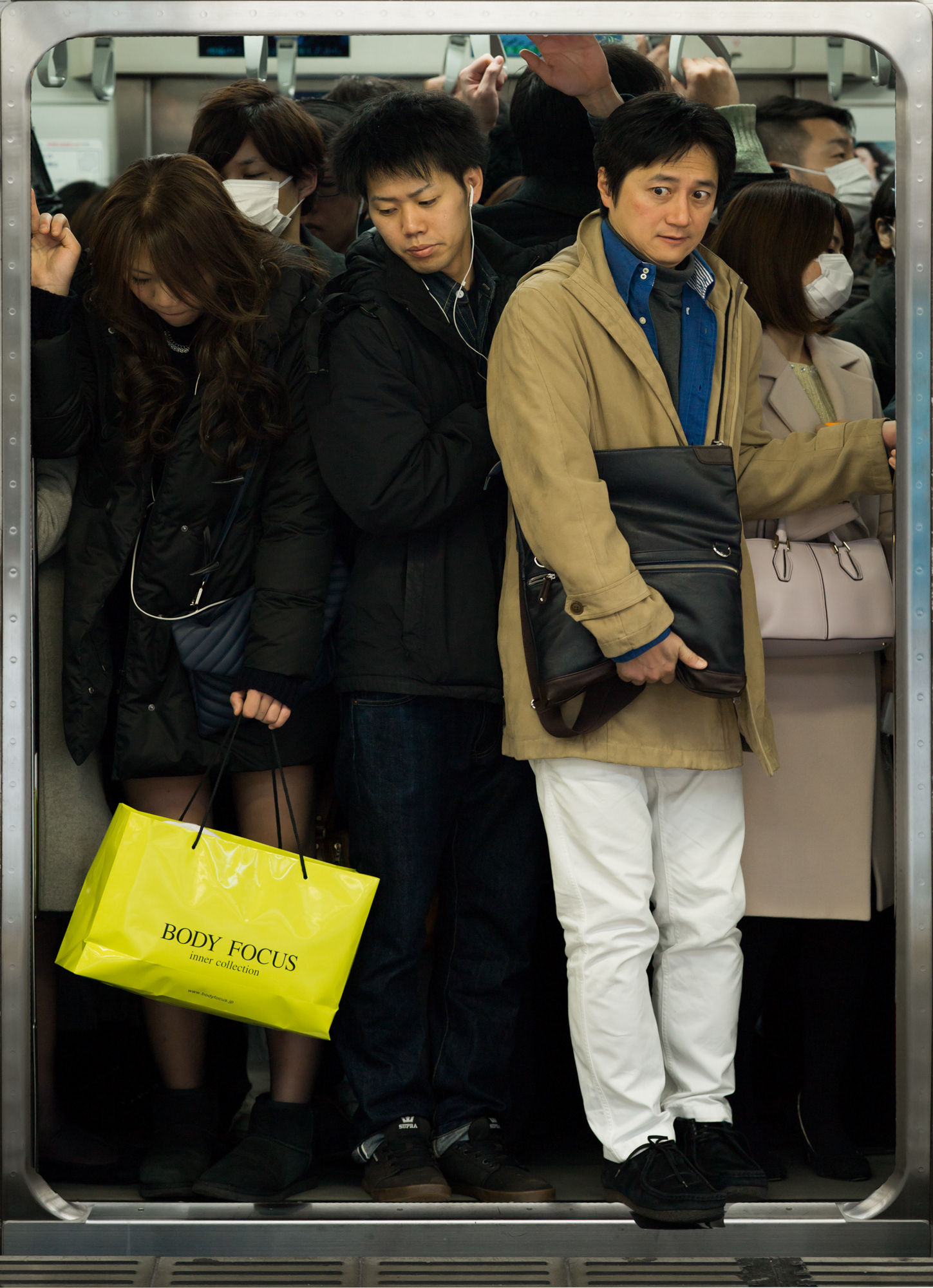
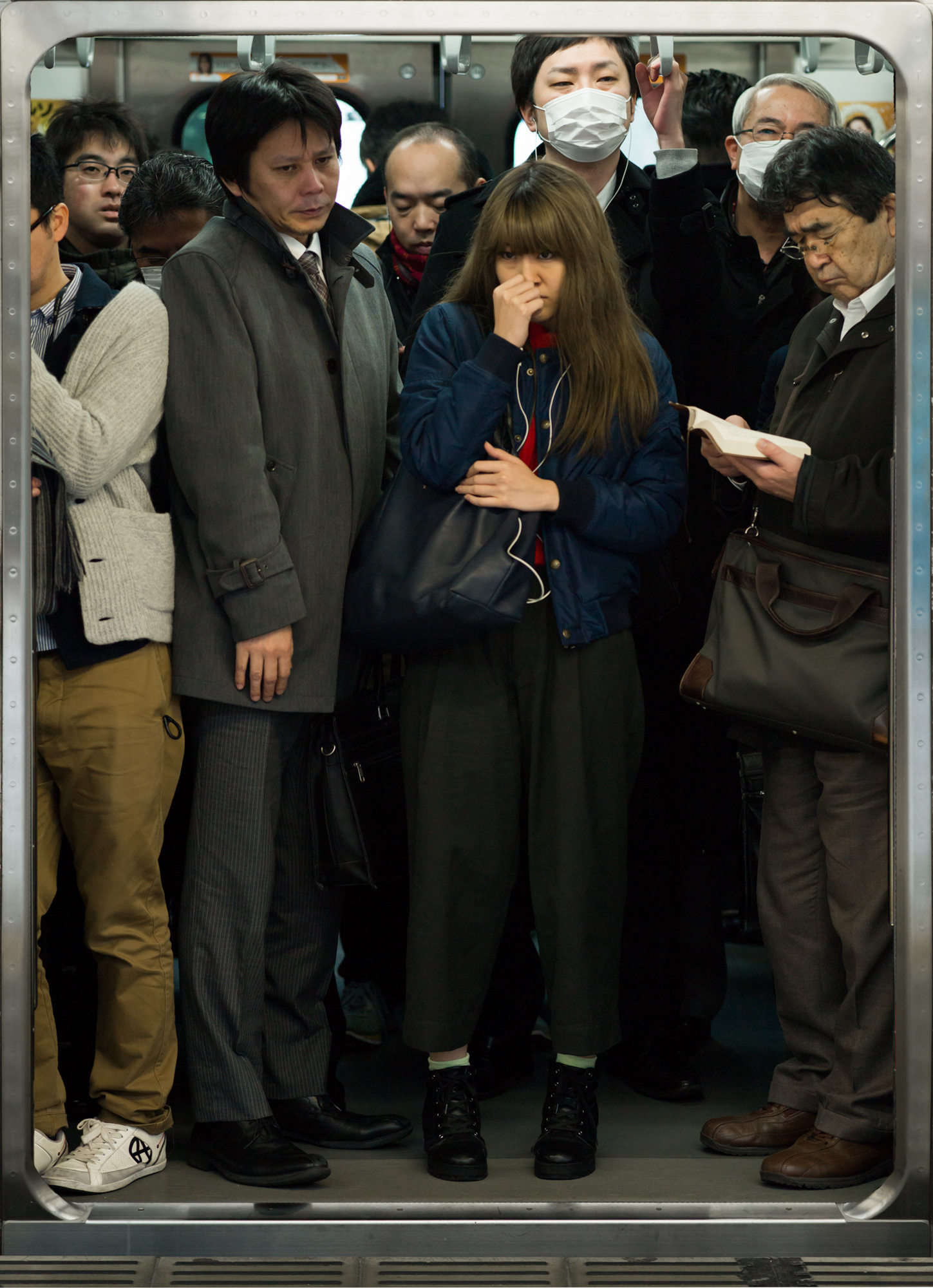
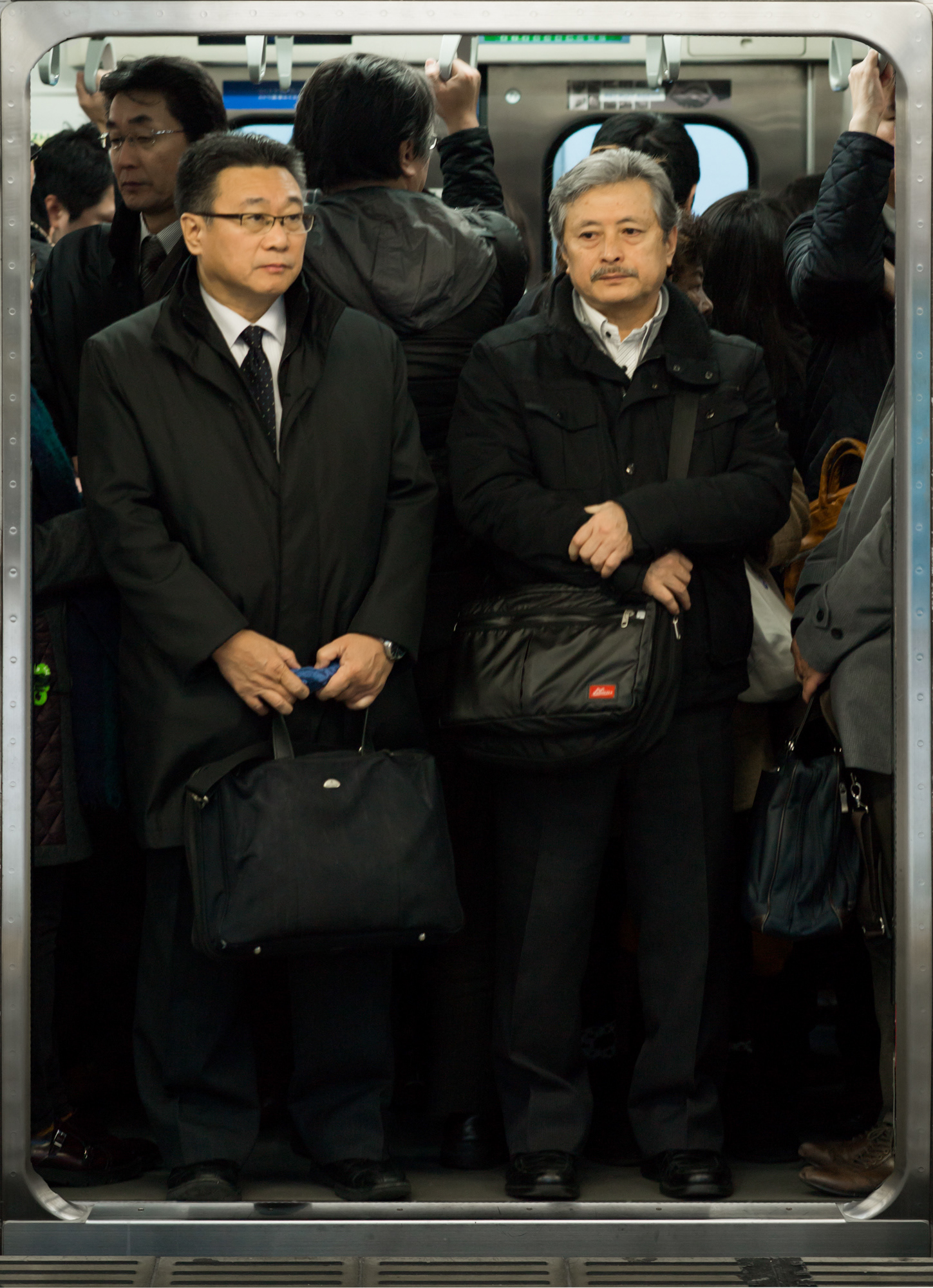


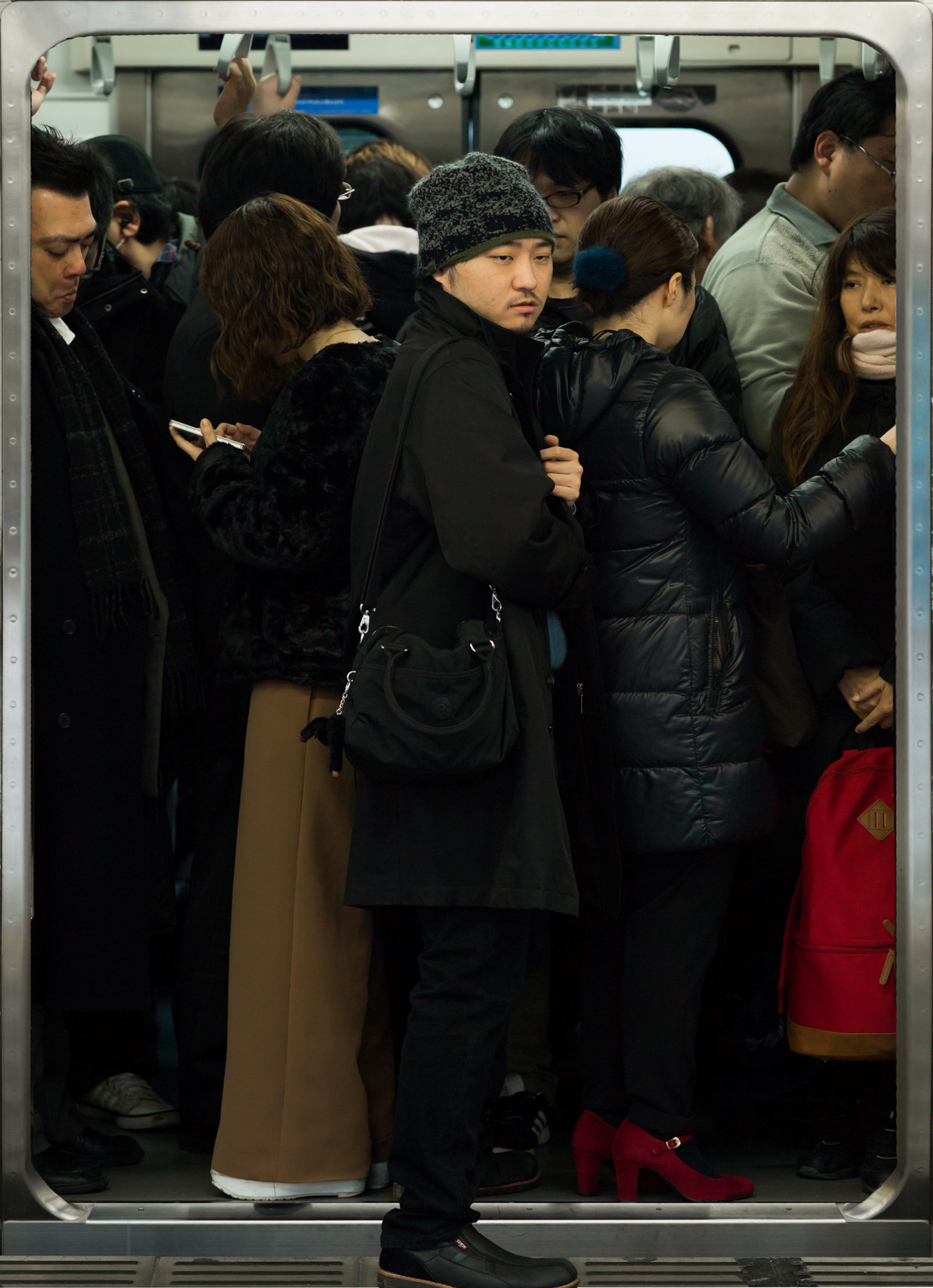
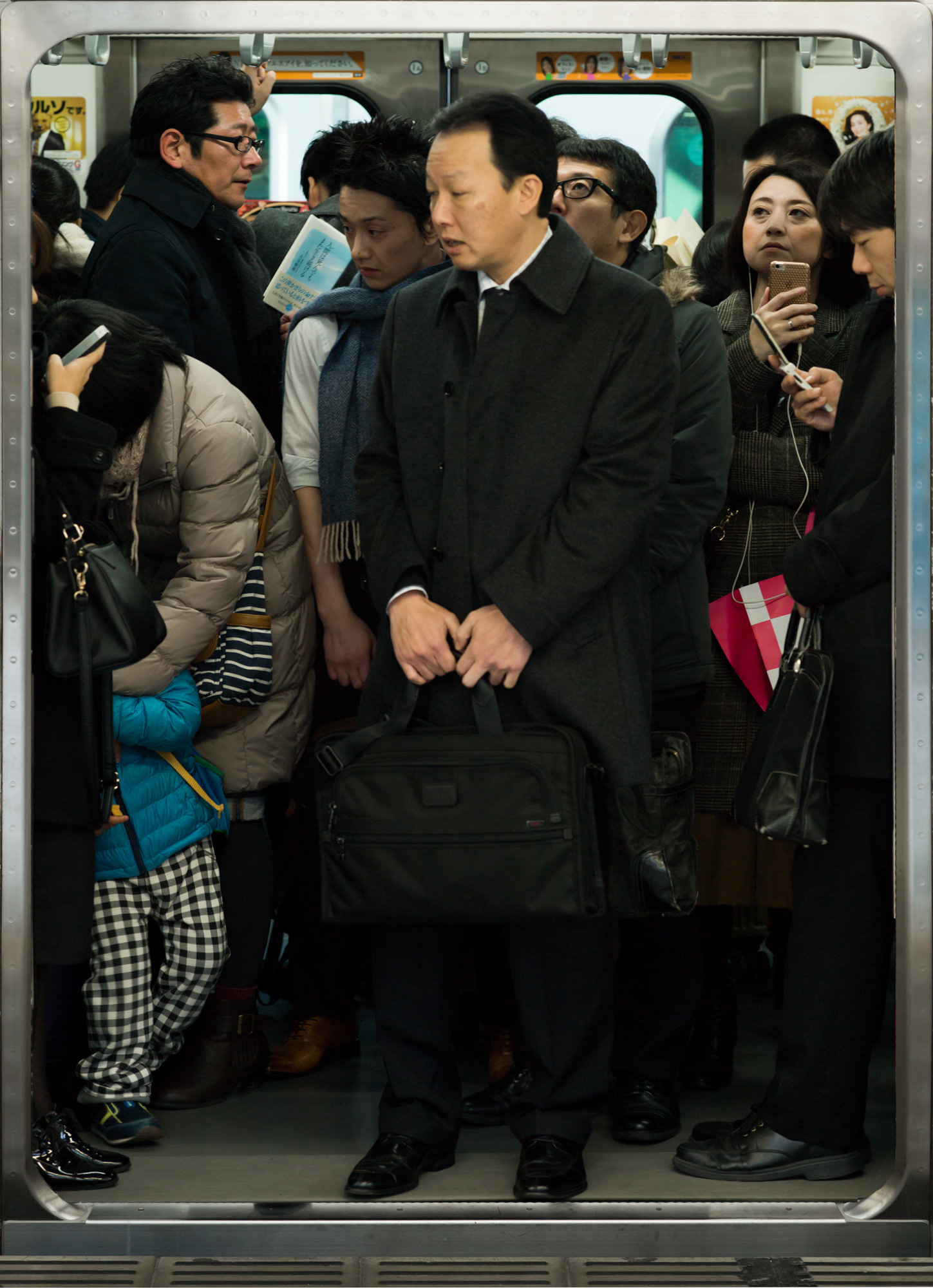
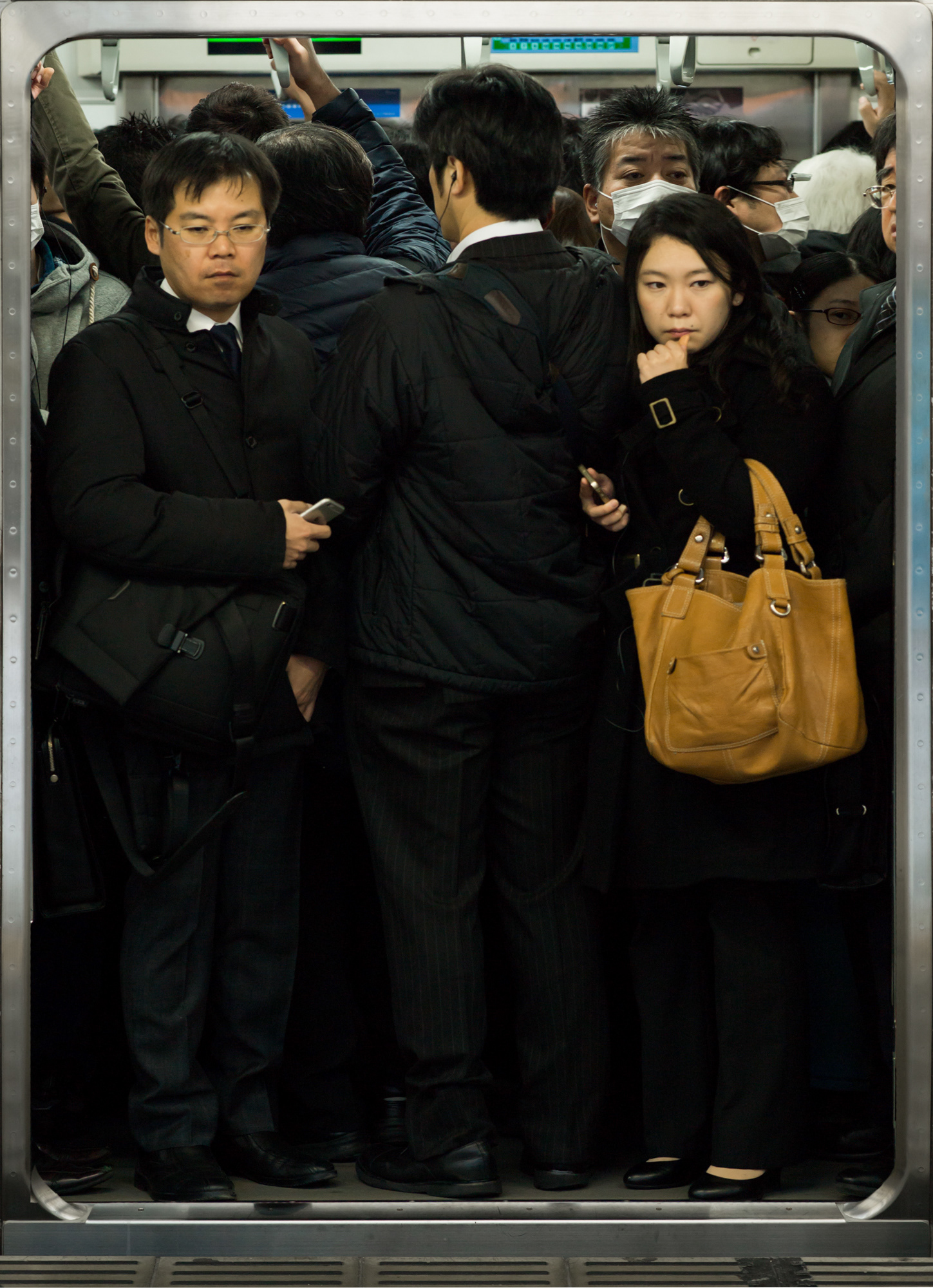
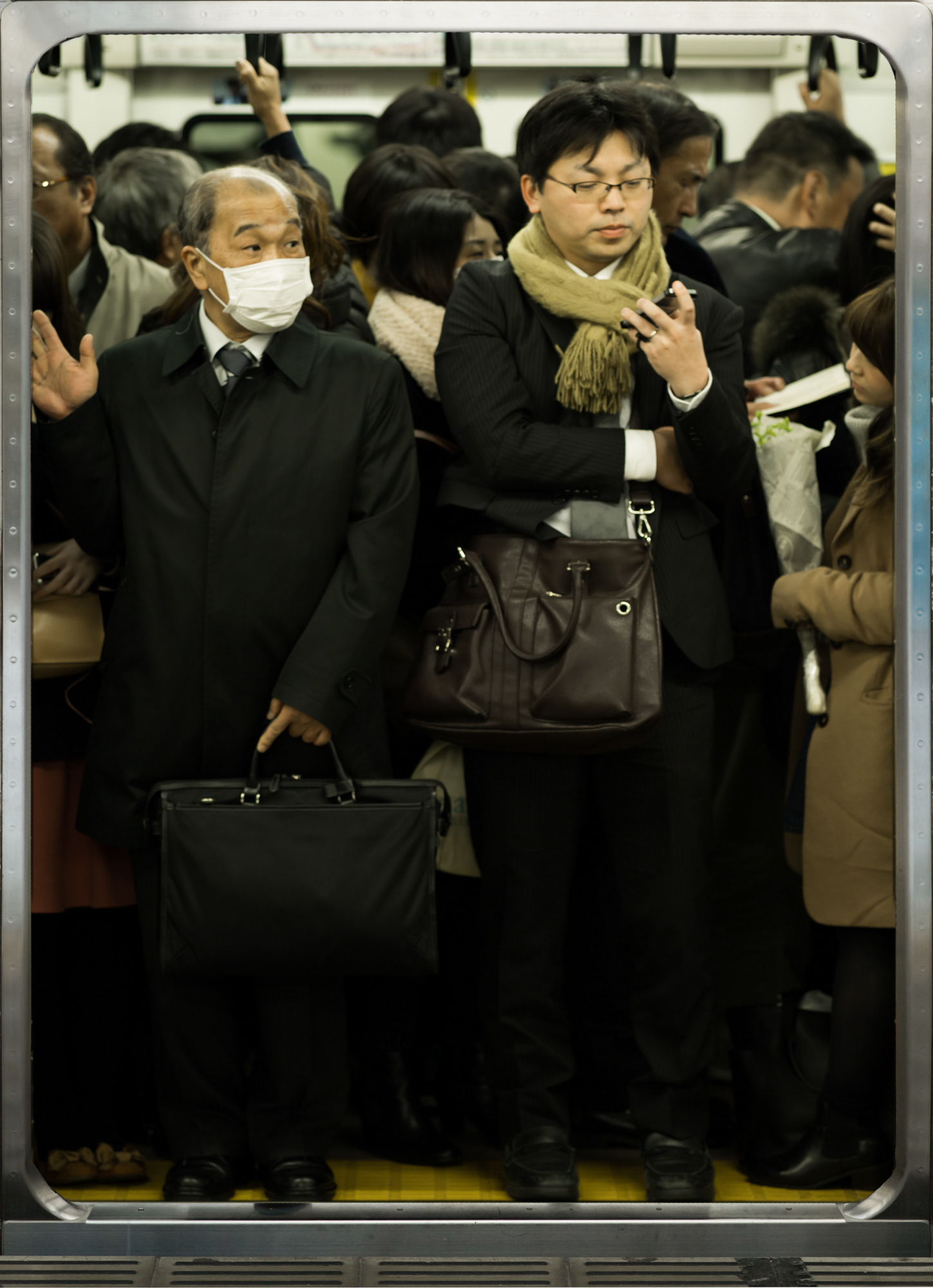
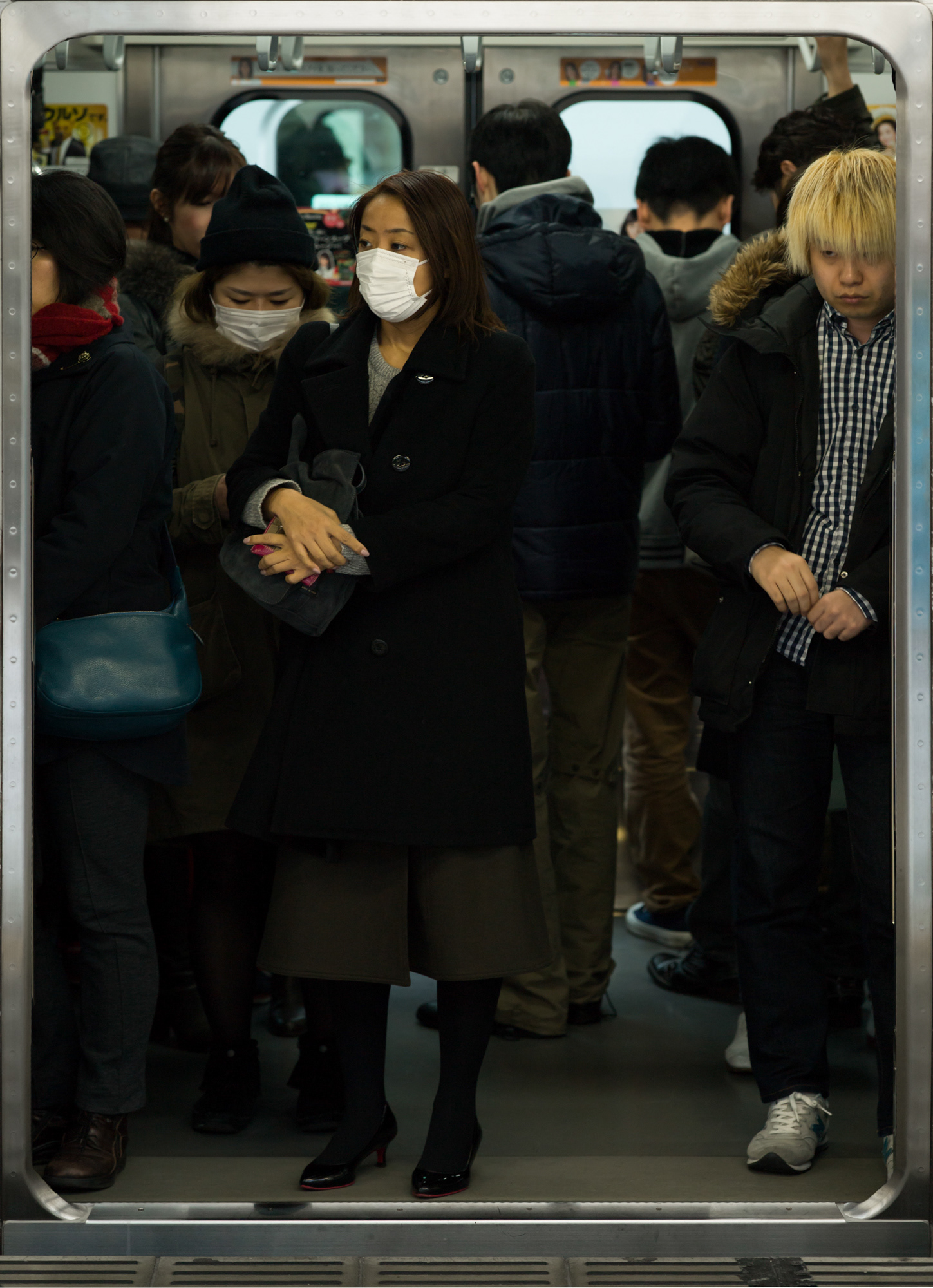

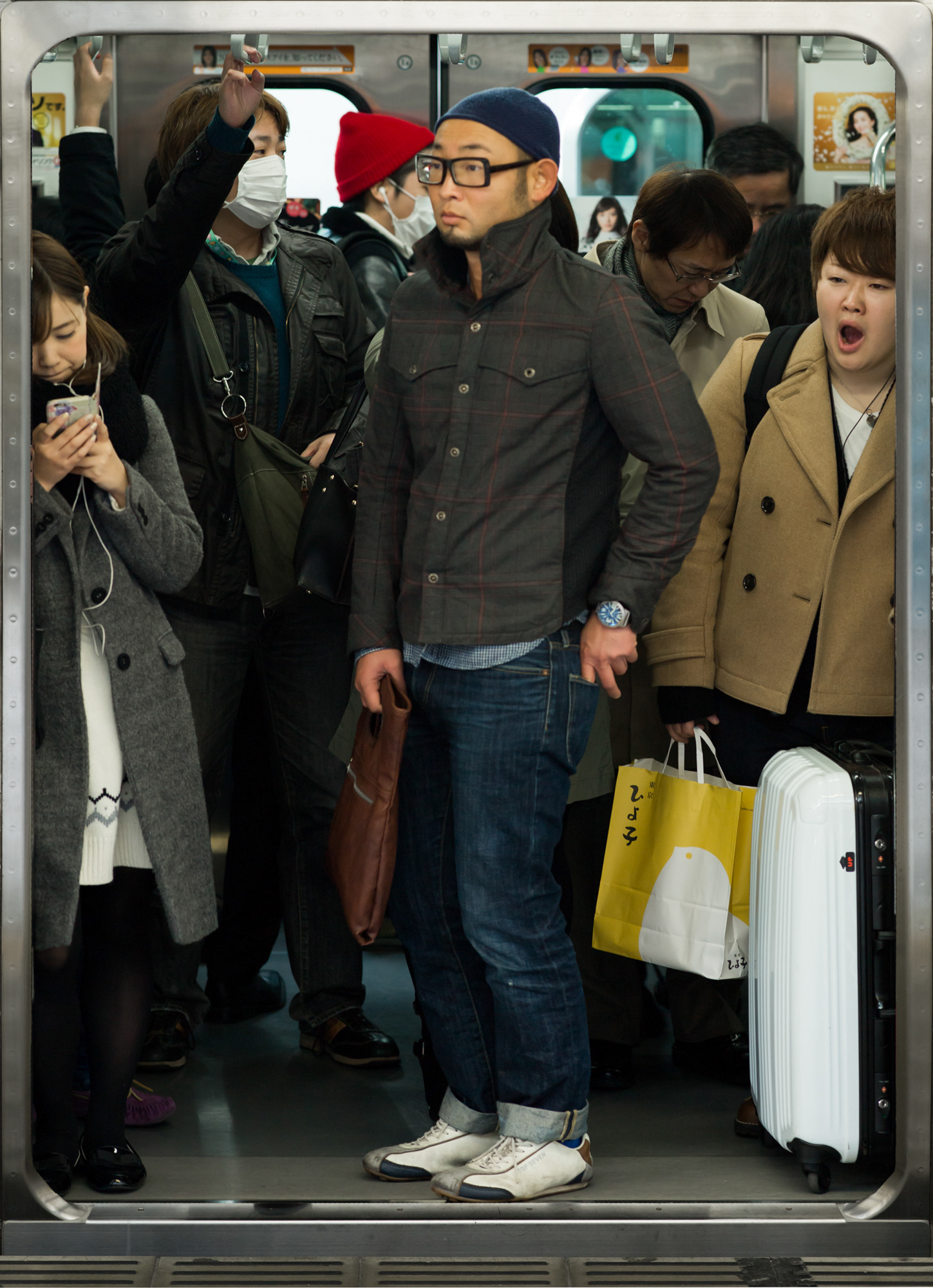
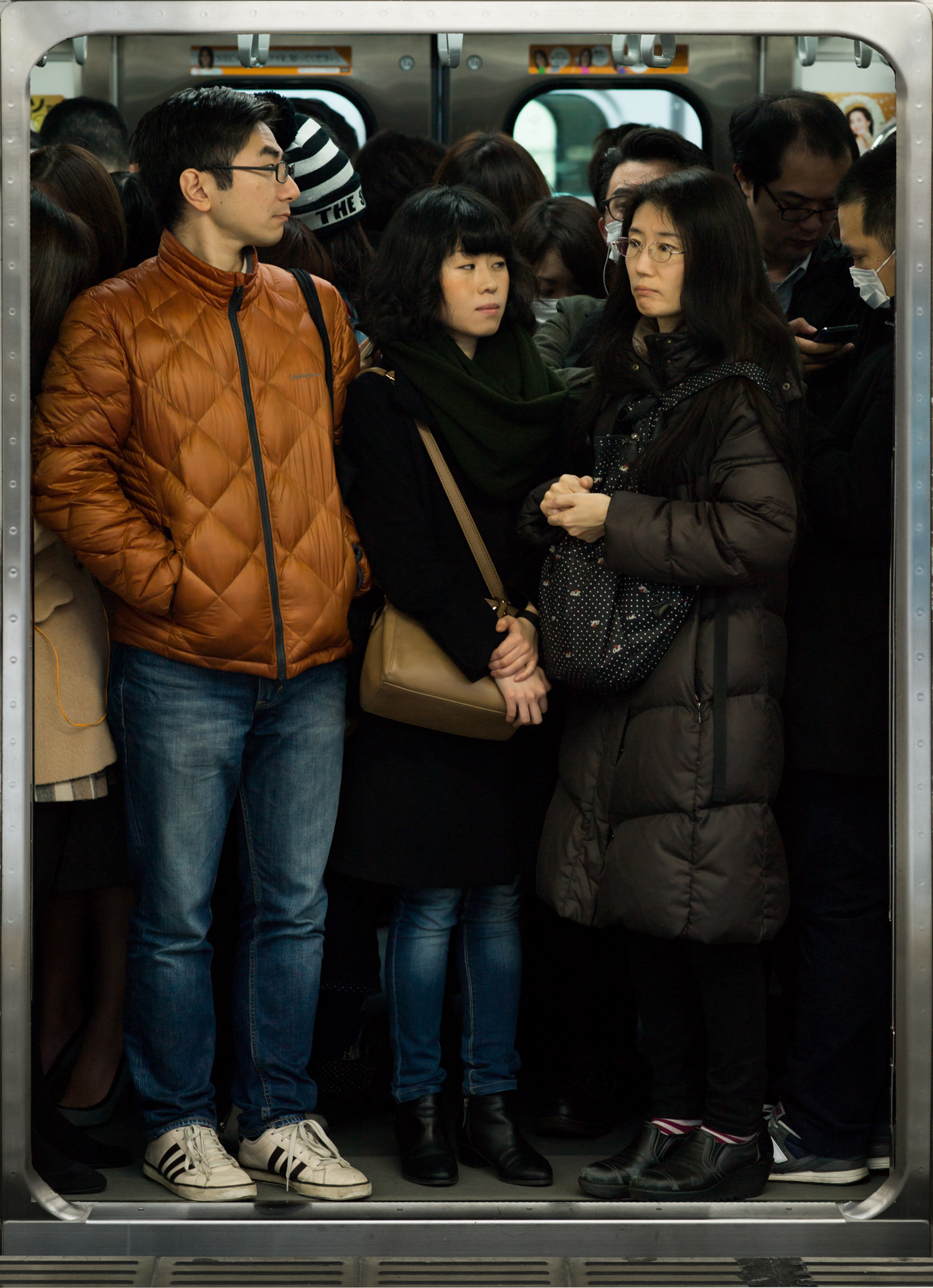
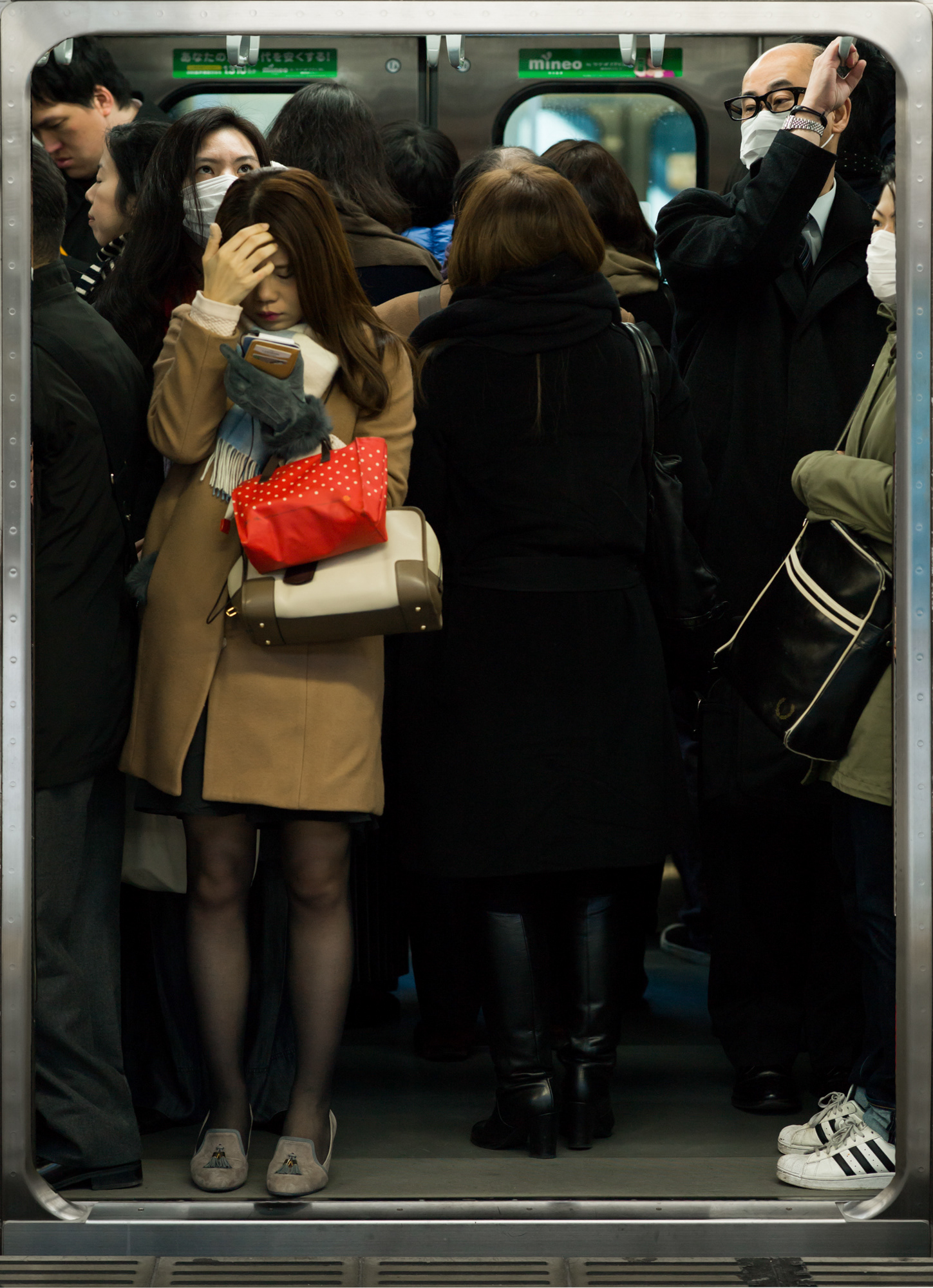
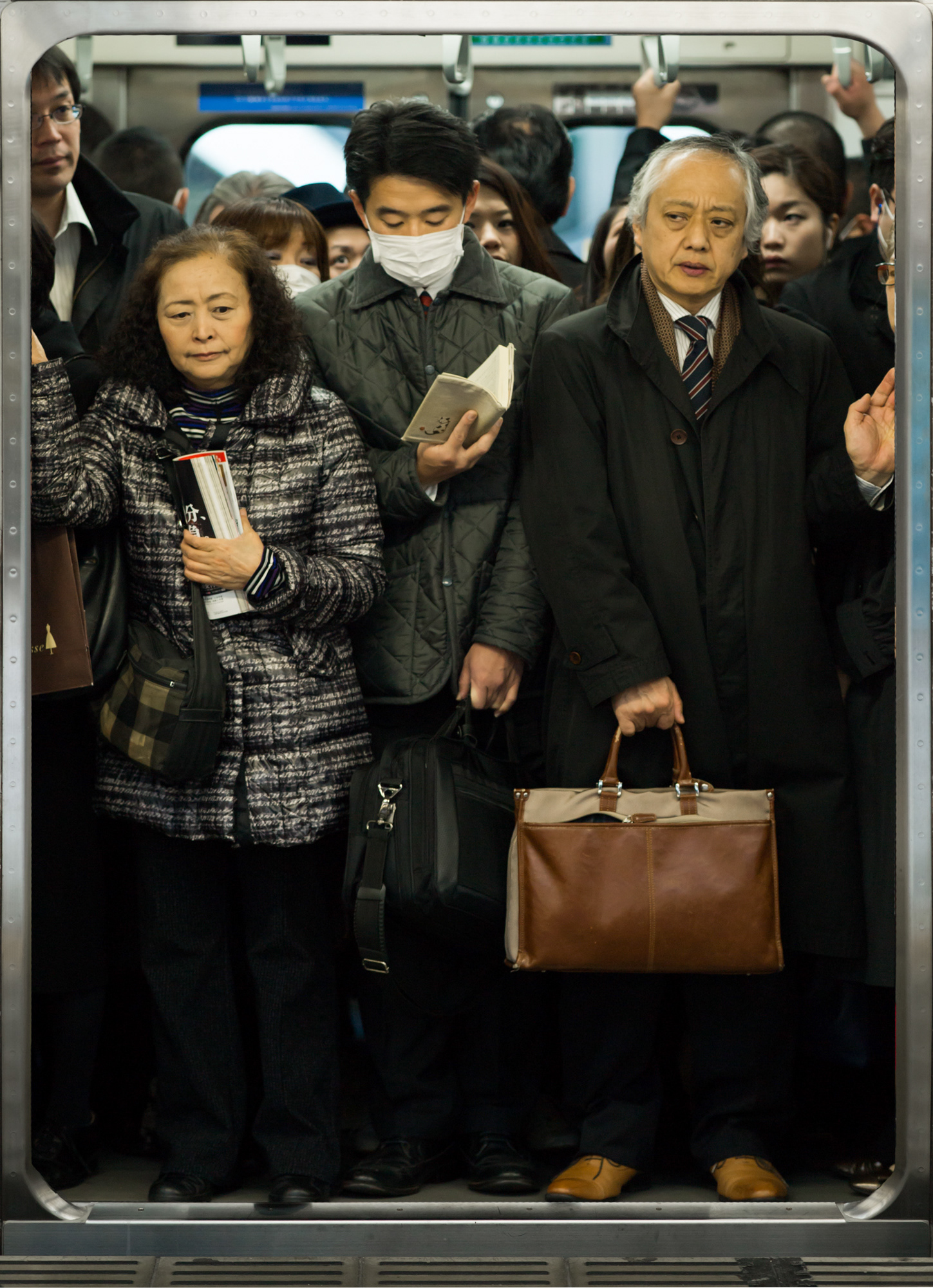
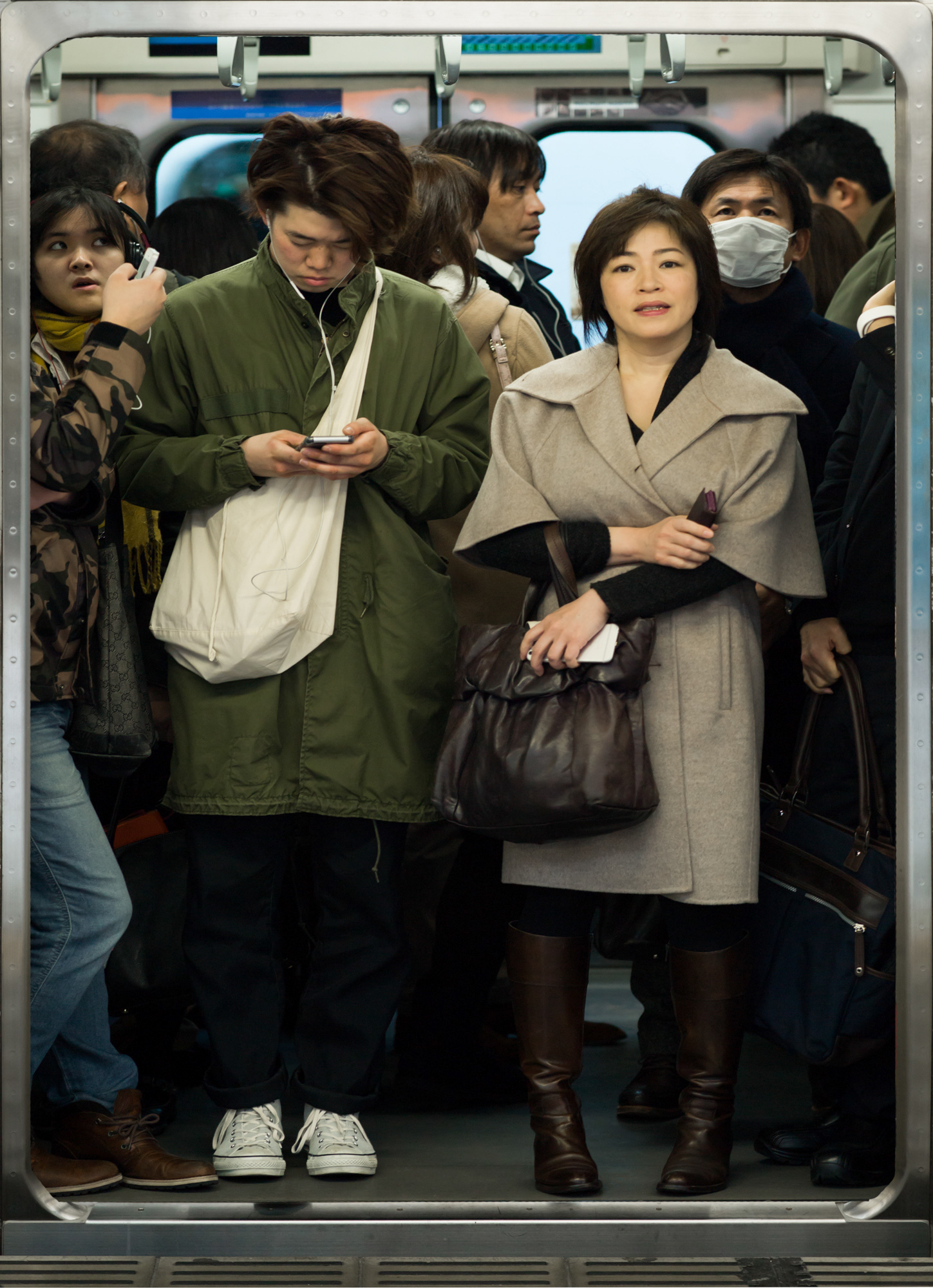
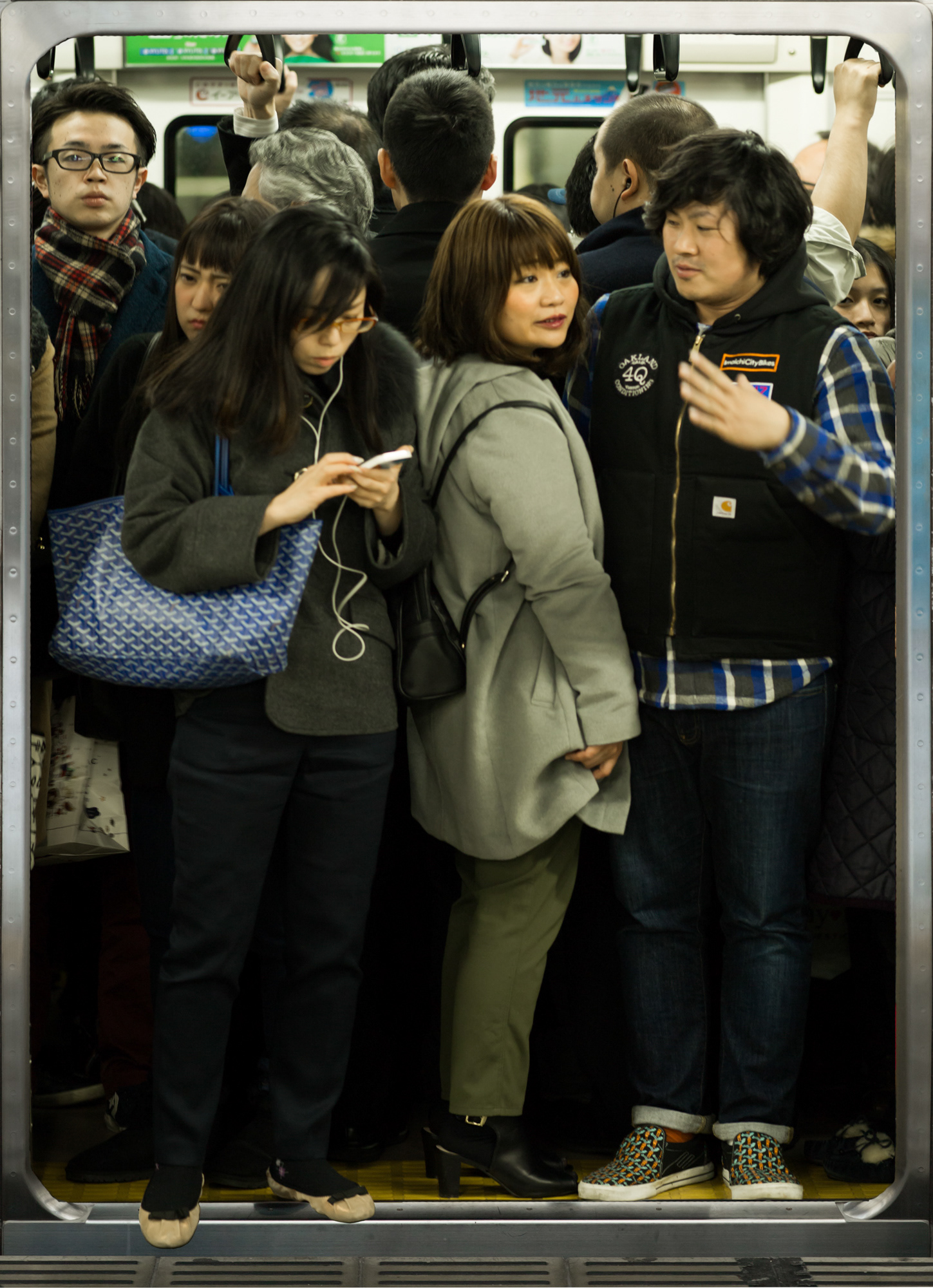
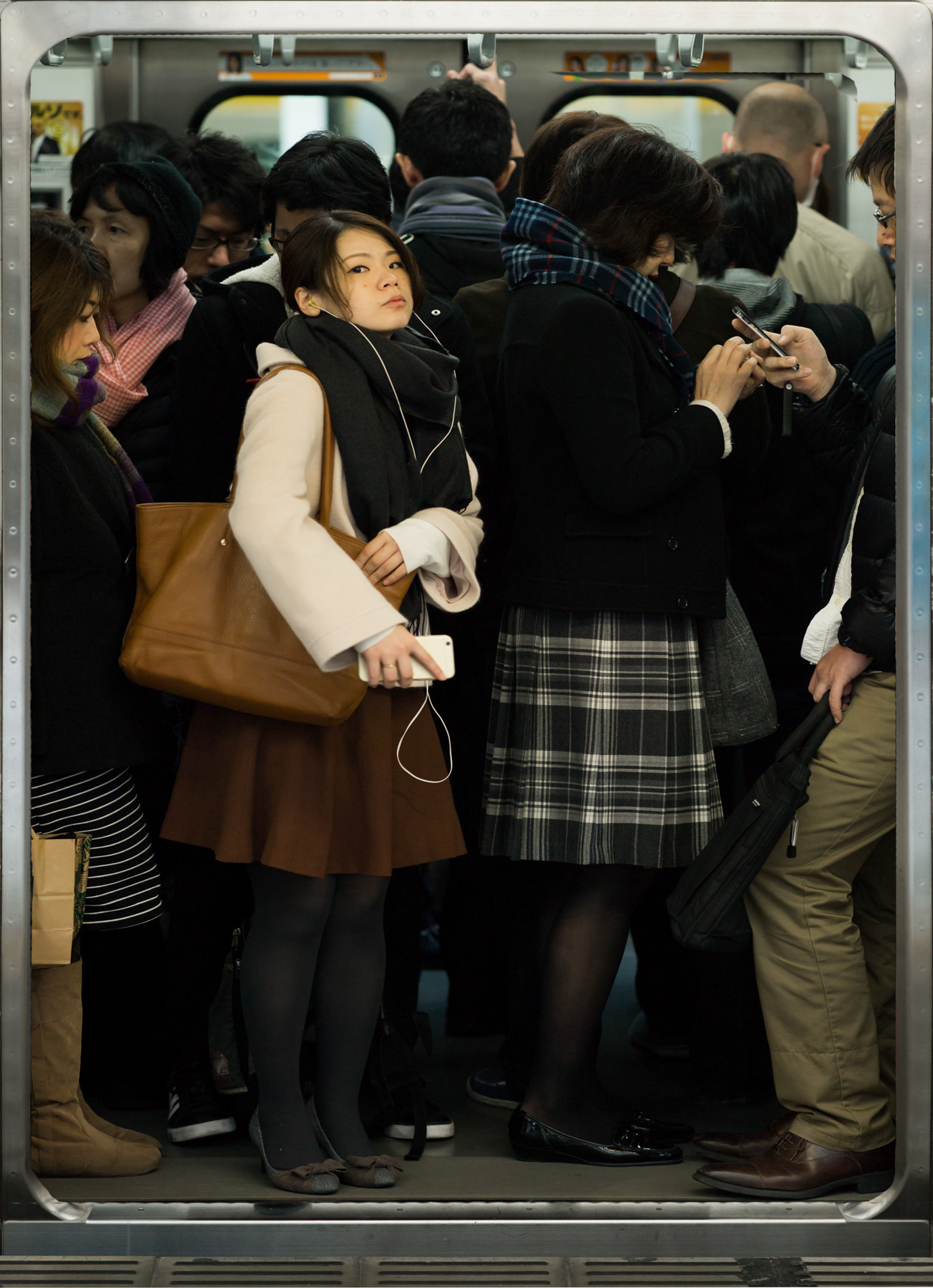
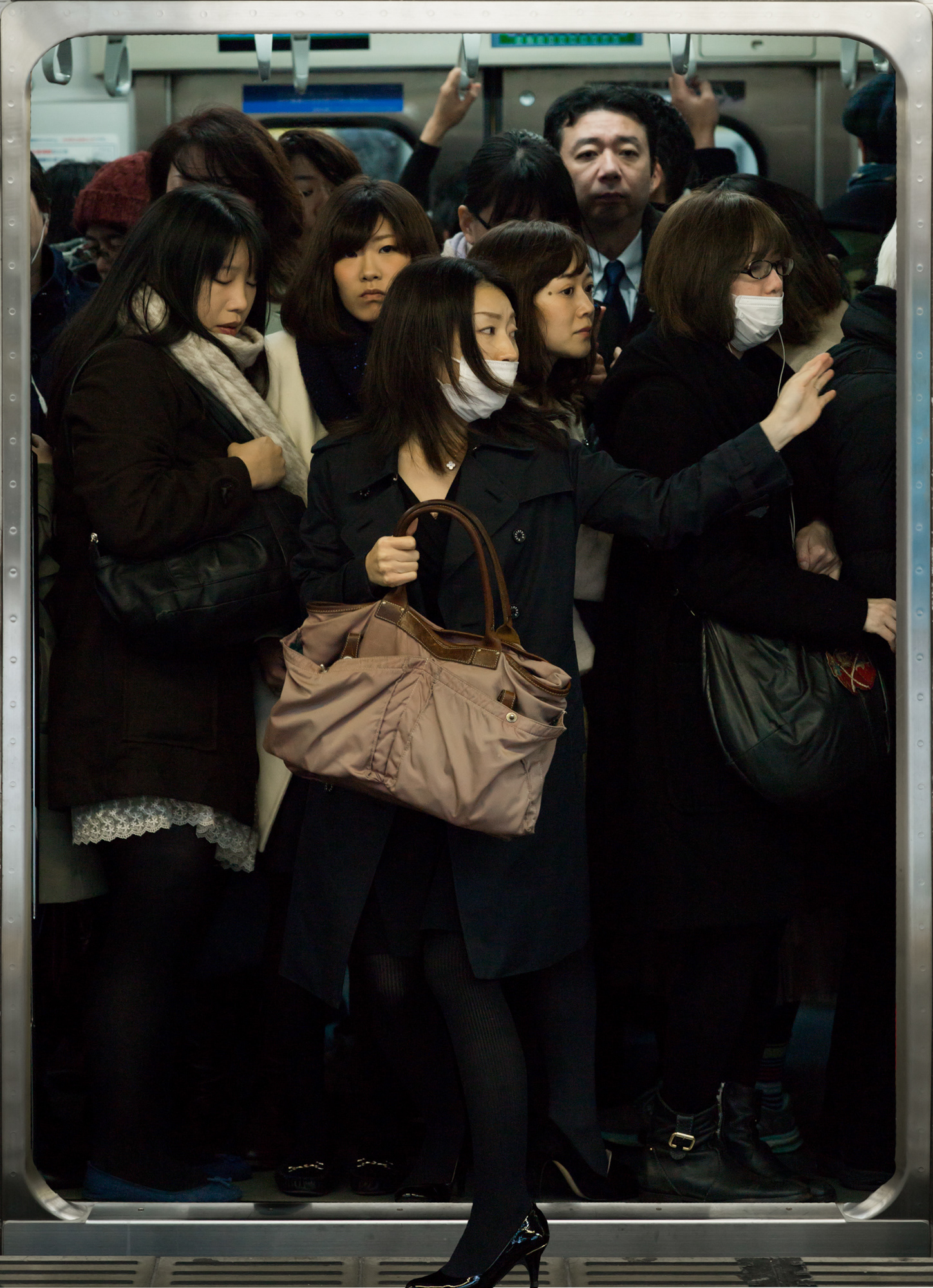
text by Paulo Kassab Jr.
According to Hanna Arendt, modern society, as a society of labor, annihilates every possibility of acting, degrading humans to animal laborians working animals. The modern individual seems so immersed in the life process current that dominates the generations, that the only active individual decision is how to renounce individuality in order to function better.
What are the implications of an increasingly crowded civilization, surrounded by an excess of information and stimuli? Continuously expanding, humanity appears cloistered in itself, either by mandatory work, fleeting entertainment or simply by routine. Development through factors such as GDP growth, personal income, industrialization, technological advancement or social modernization, has led us to the exponential increase of the world population, yet not emerging as a guarantee of individual liberties expansion.
Plethora exhibition observes and analyses different human groups in large urban centers, restoring each one's way of life in their diverse aspects. Regardless of the location (Sao Paulo, New York, Tokyo, Mumbai, Beijing and Jakarta) or the topic addressed, confinement is a common theme. In each image there is a certain body restraint: even when the methods of locking or correcting are not clearly exposed, as in Locked Up, it is always about the body the body and its forces, its seclusion and submission. From employees locked in offices to workers boxed in capsule hotels, deprivation passes from a precept of unbearable sensations to an economy of suspended rights.
As in previous series, Julio Bittencourt (once again) plays with the duality of photography, exploring it both in its documentary and conceptual character. Without its journalistic commitment to reality and using its own creative possibilities, the artist does not seek to answer the detailed questions at the exhibition, but provokes us to debate over the consequences of an overpopulated world.